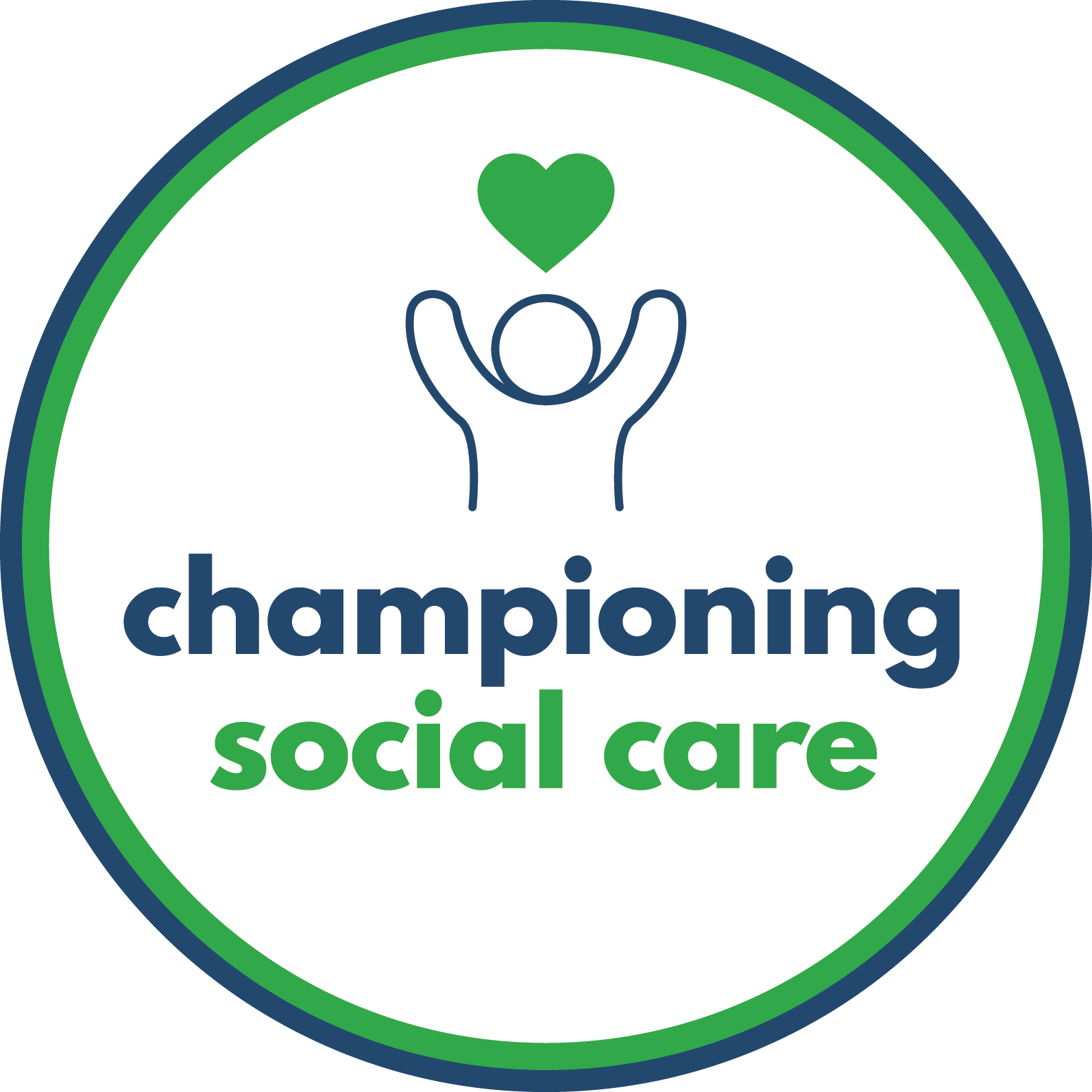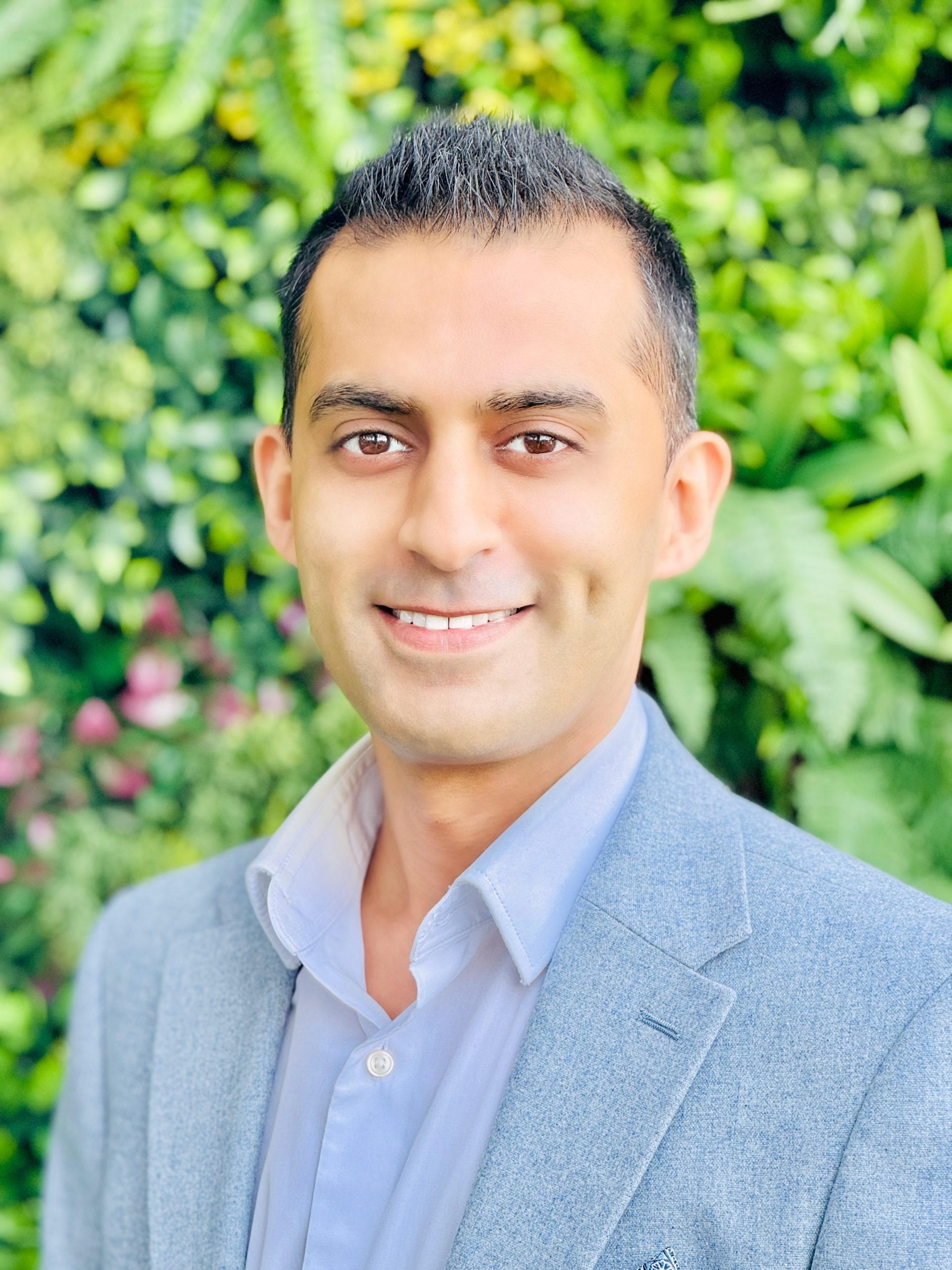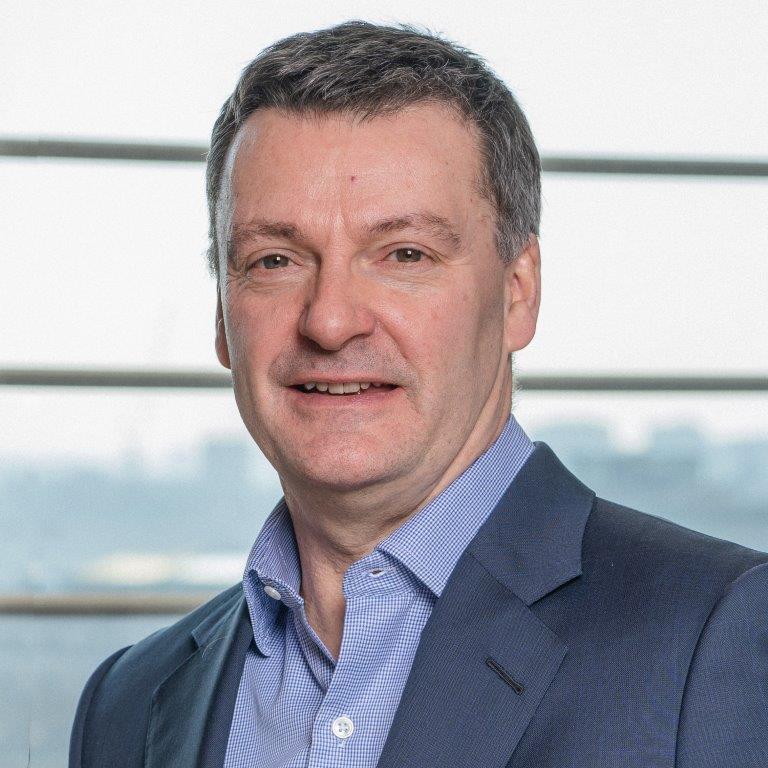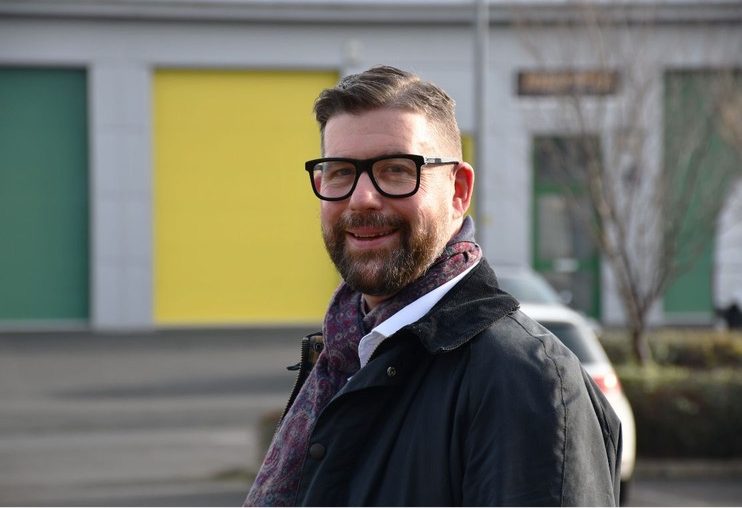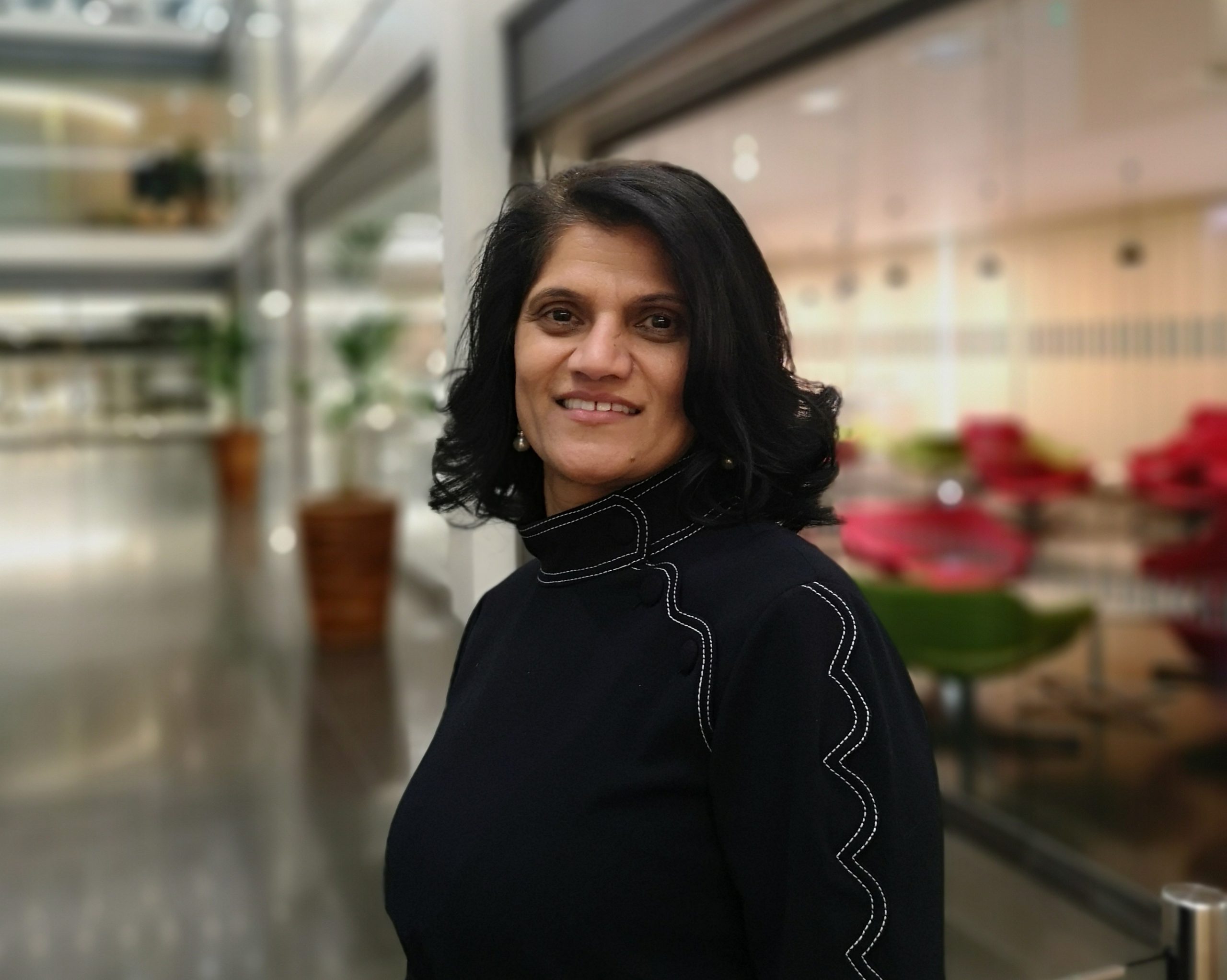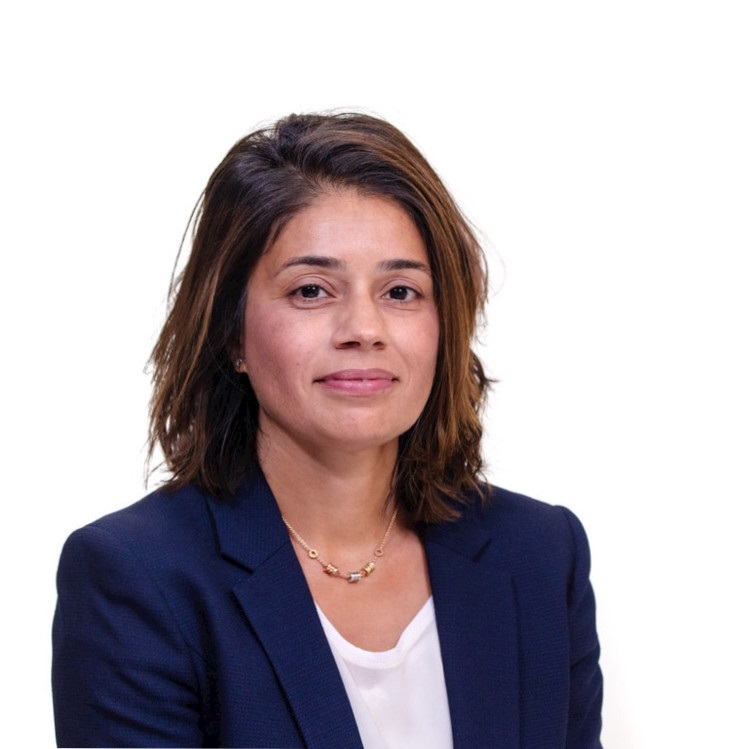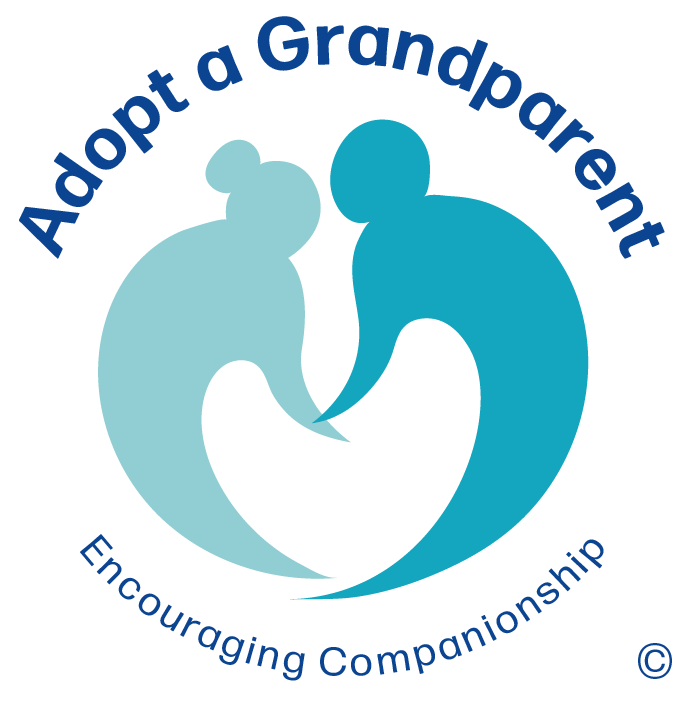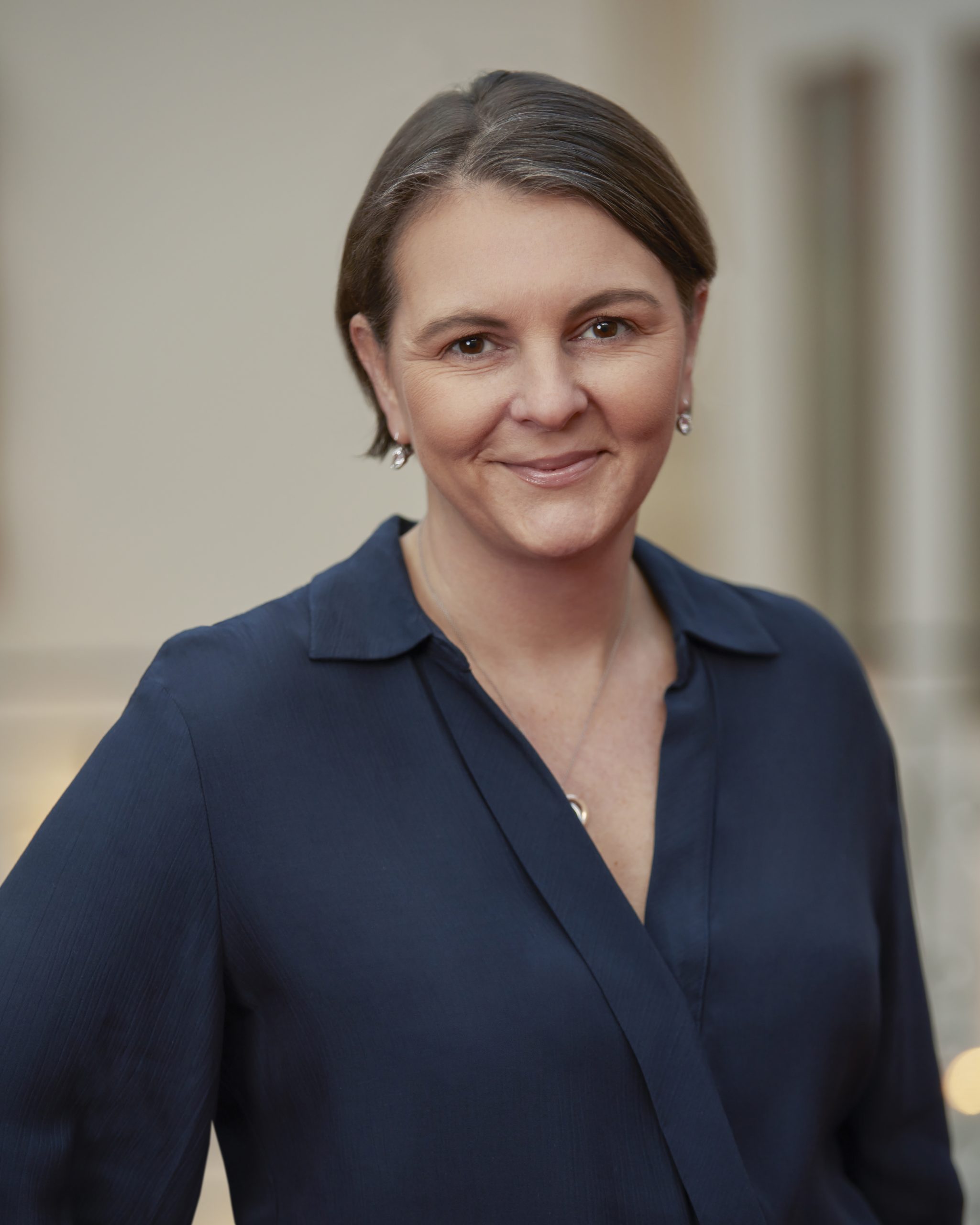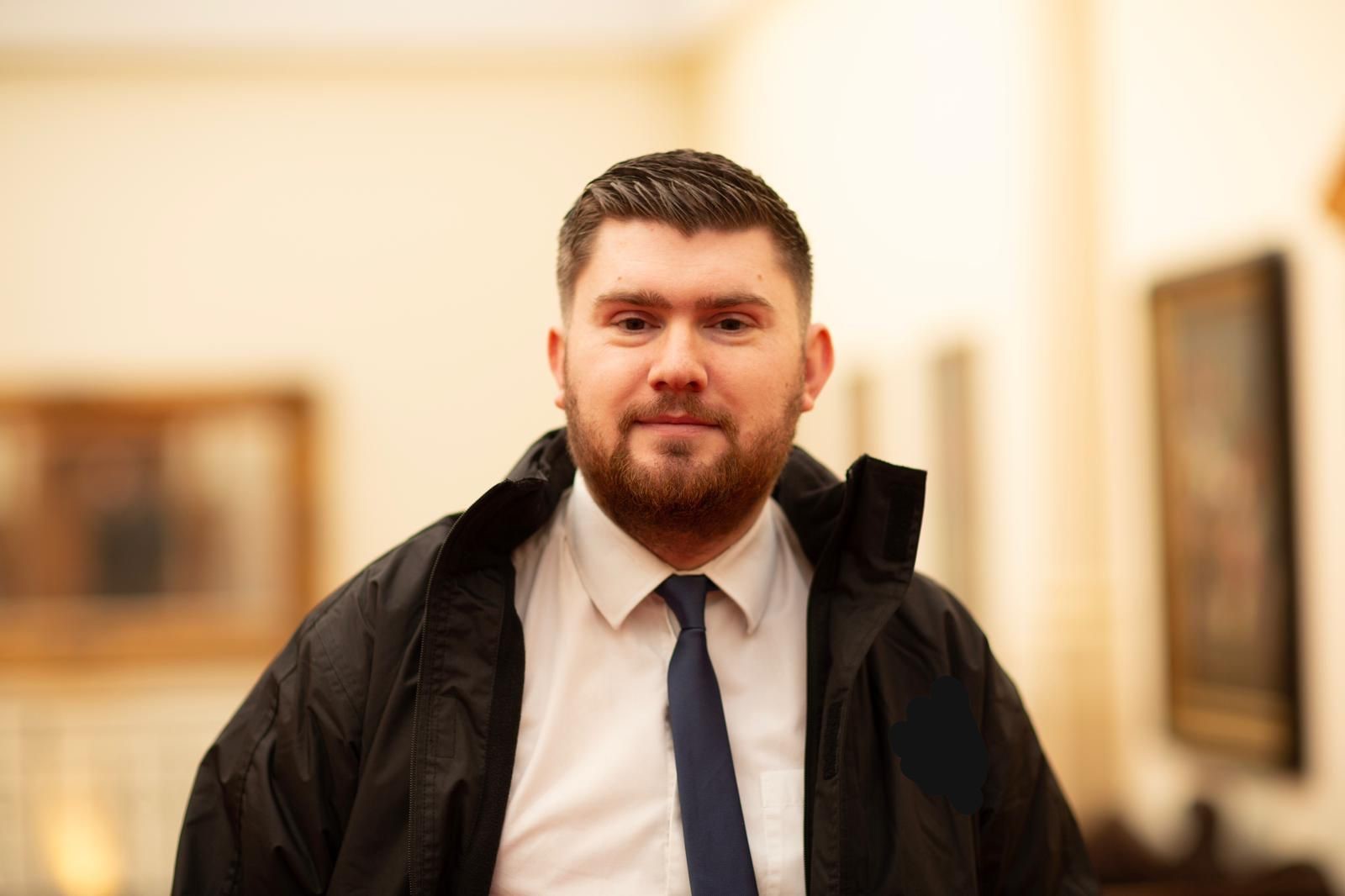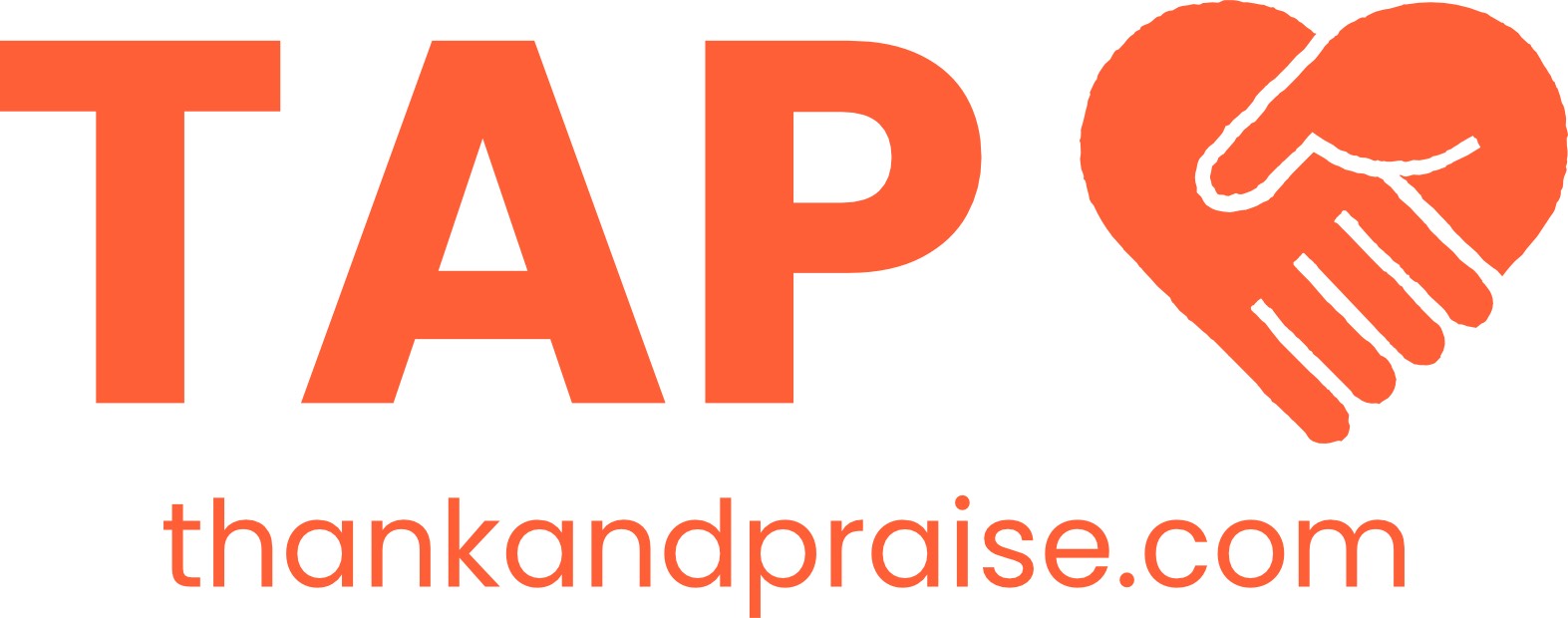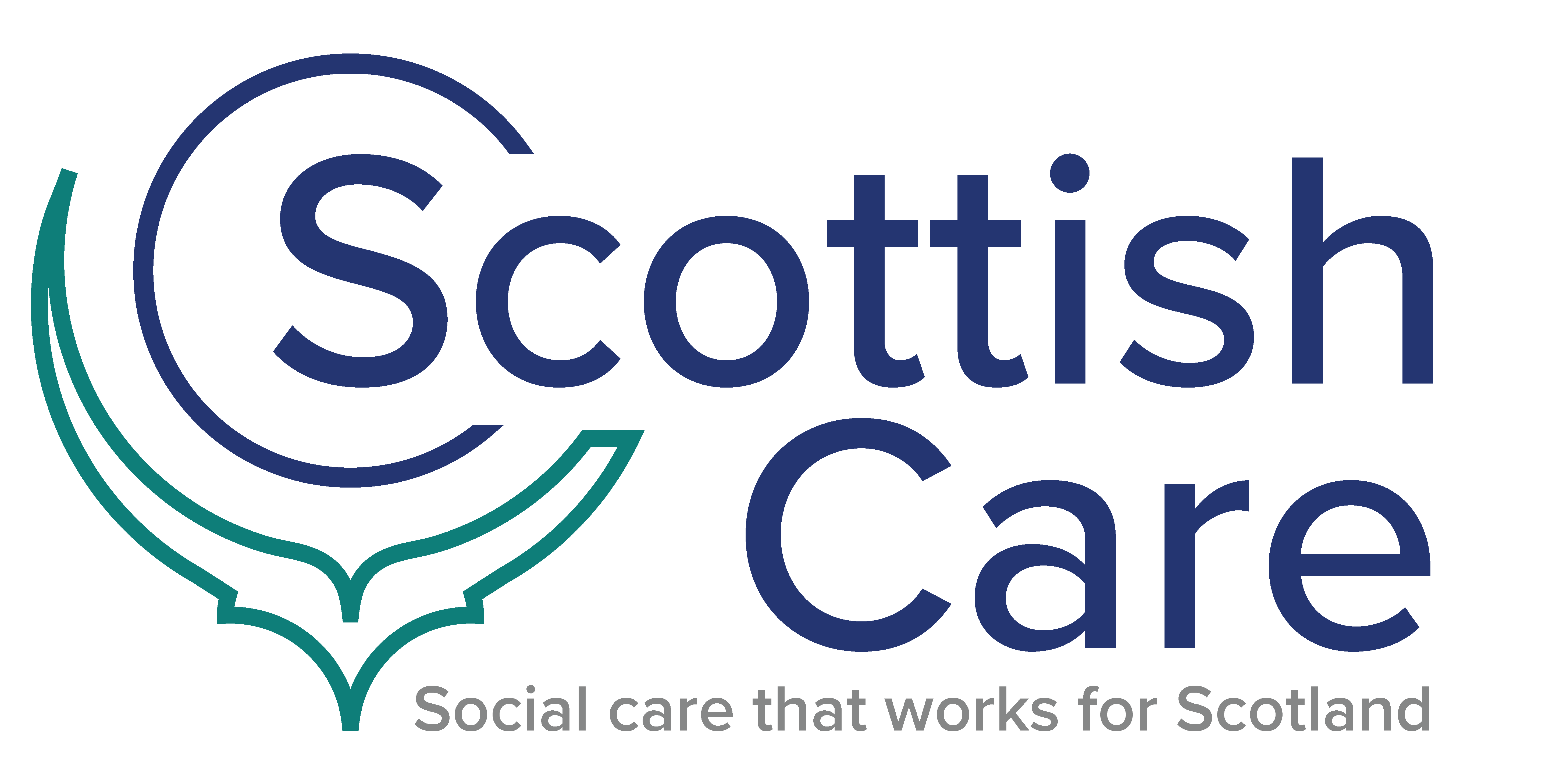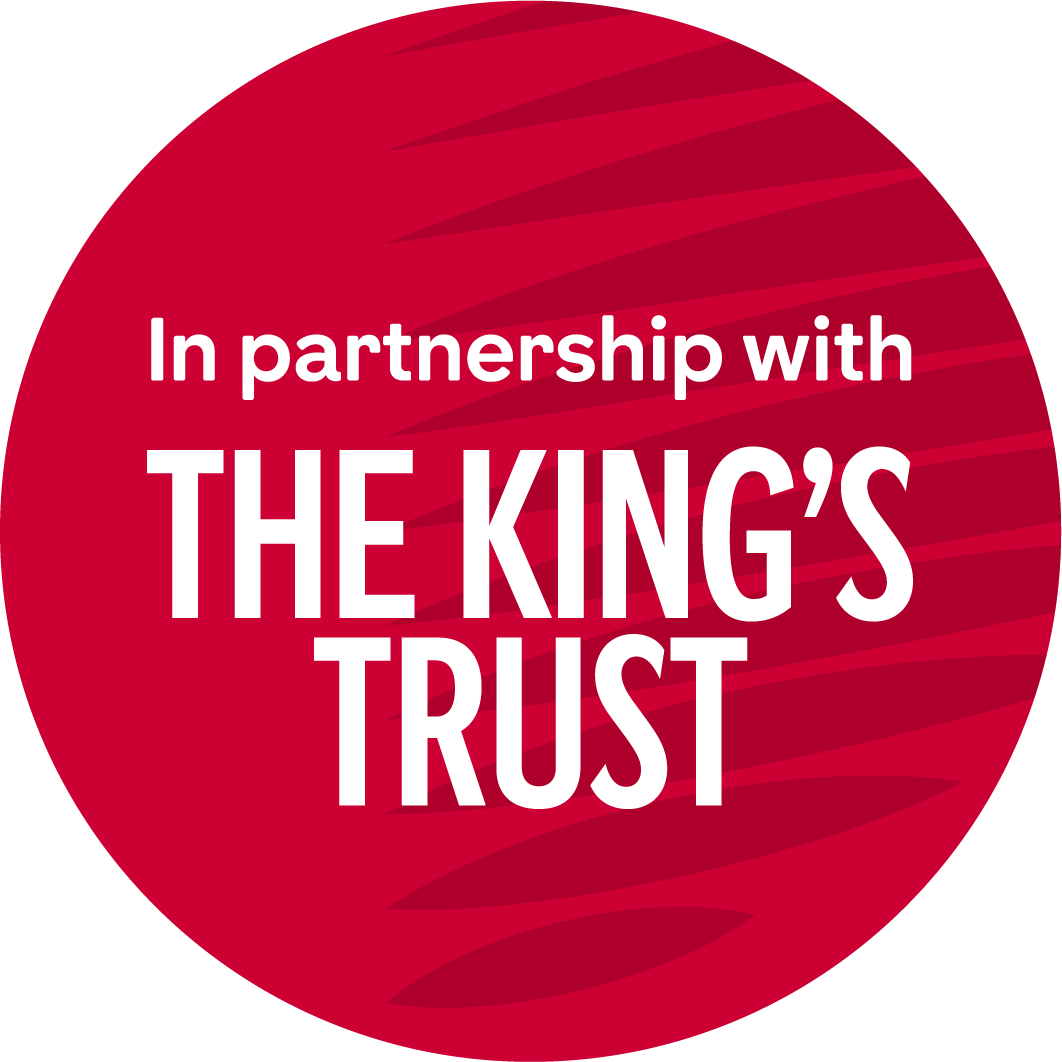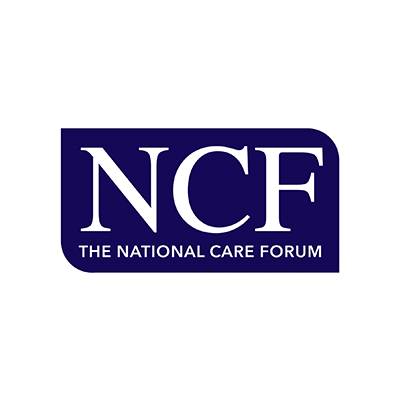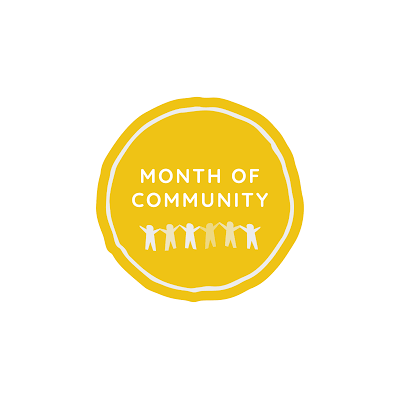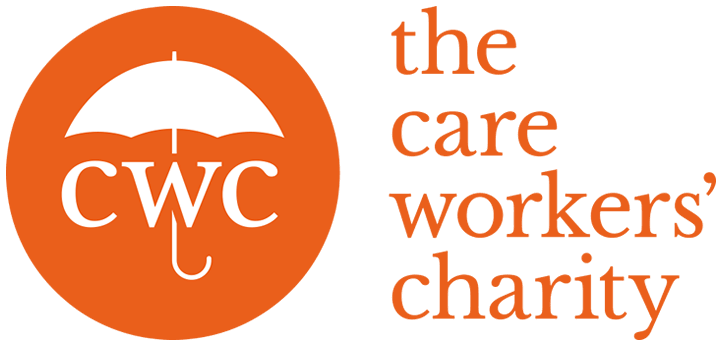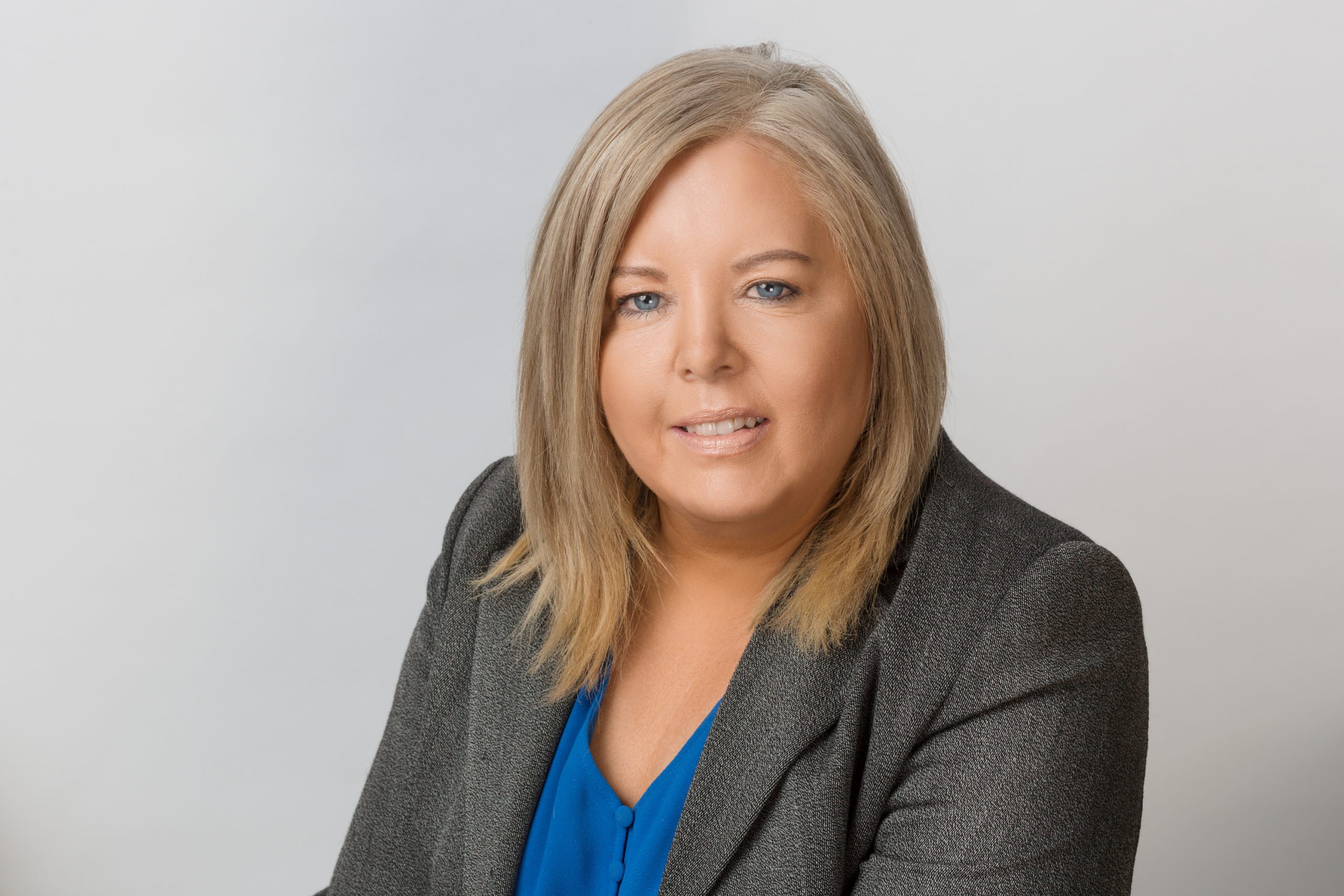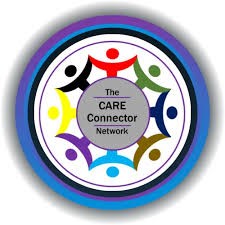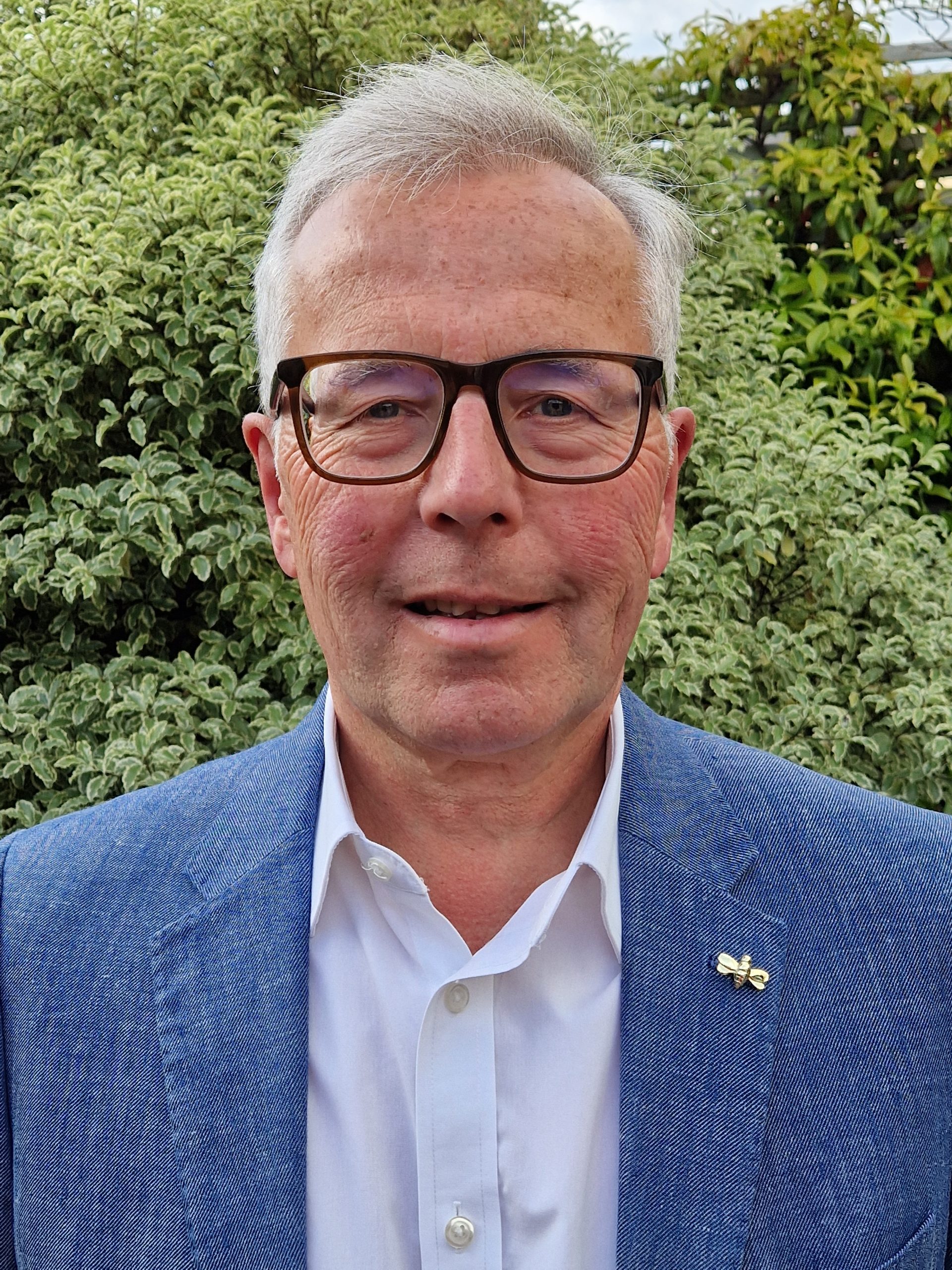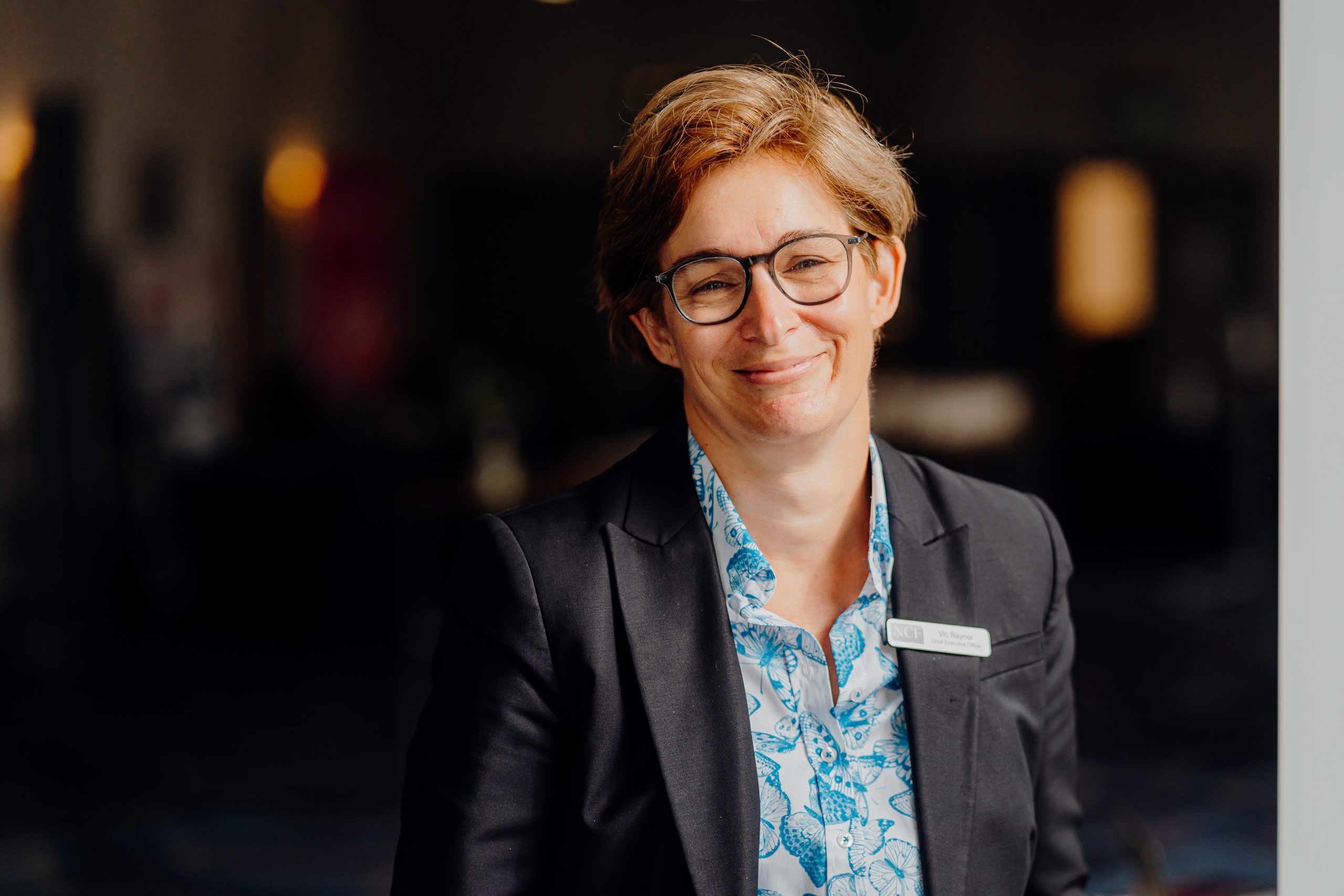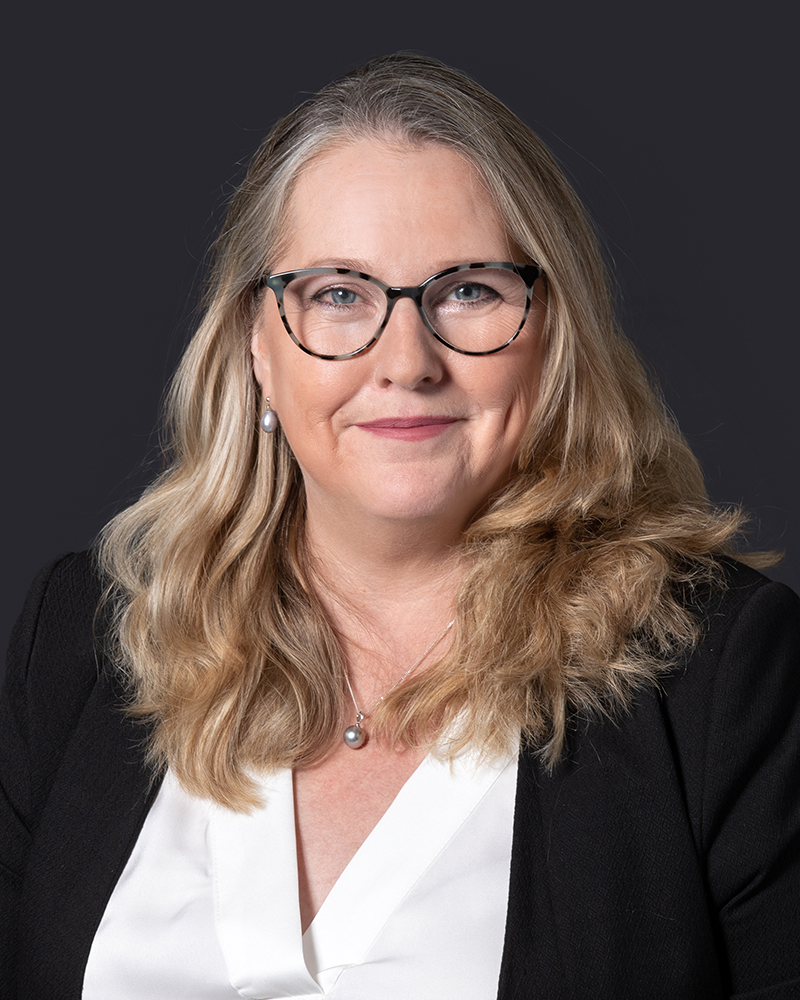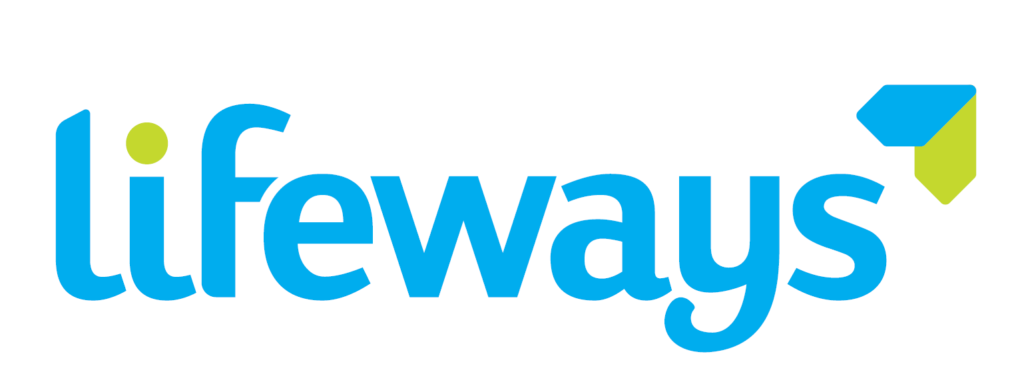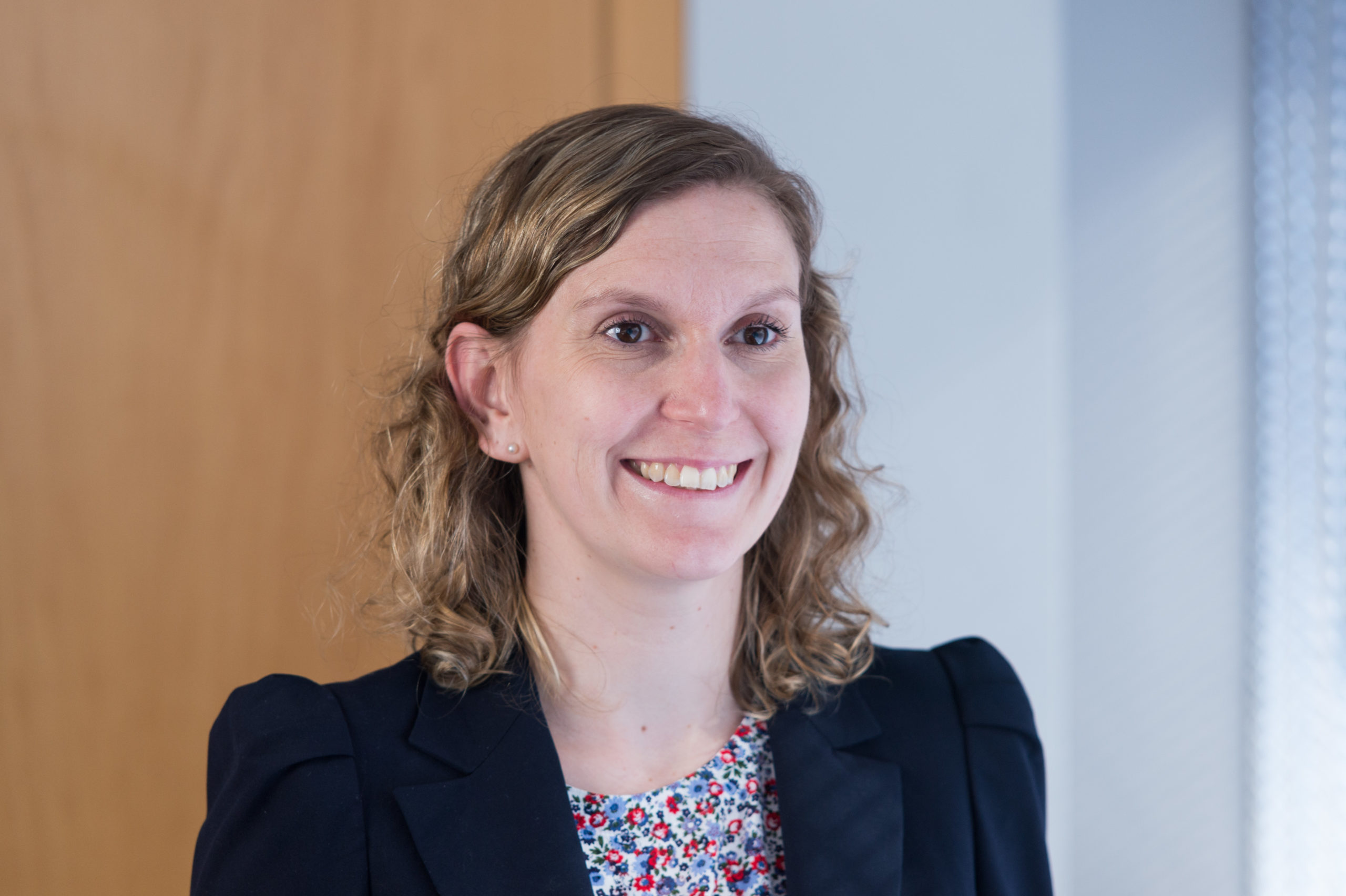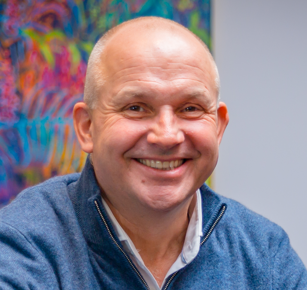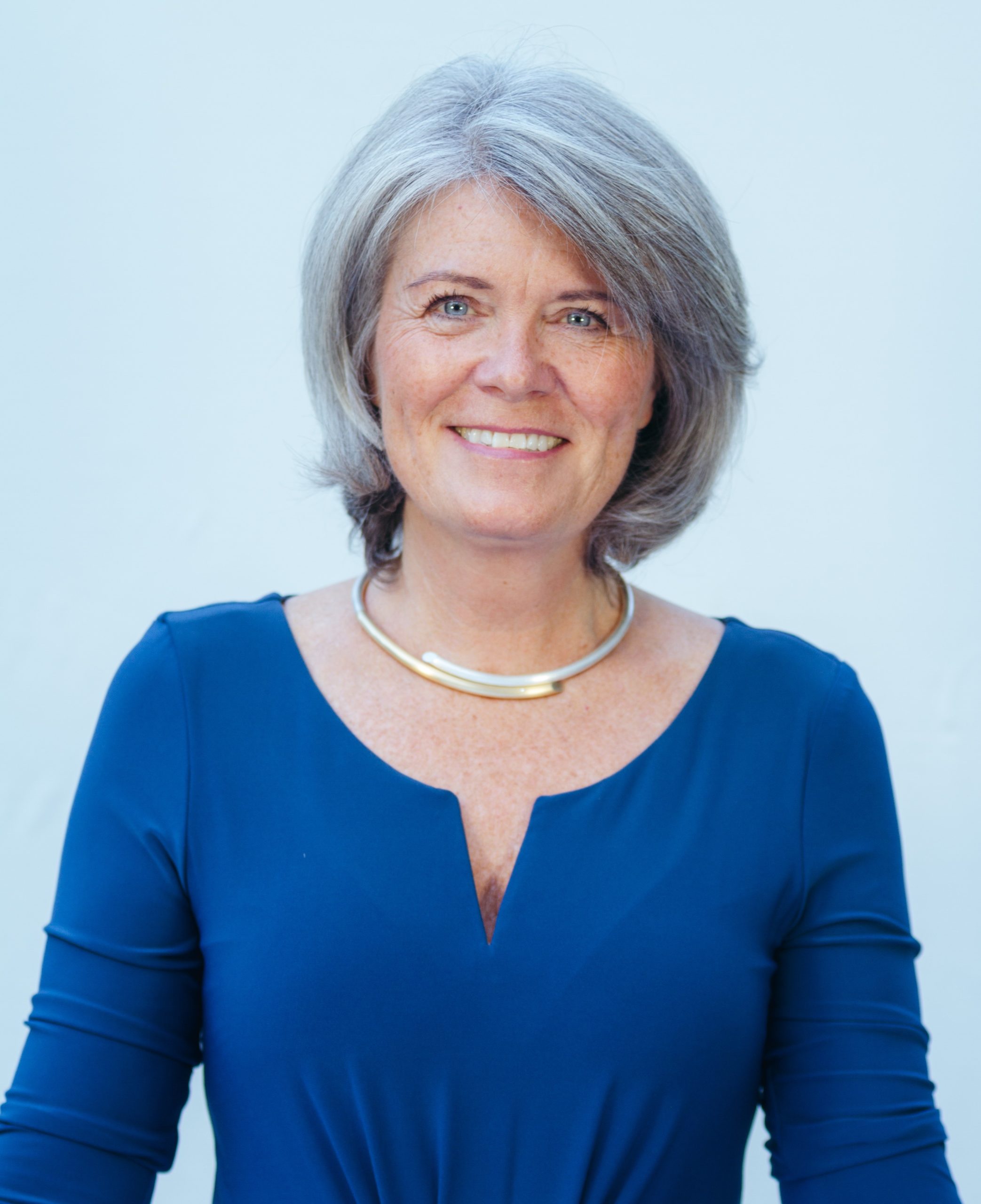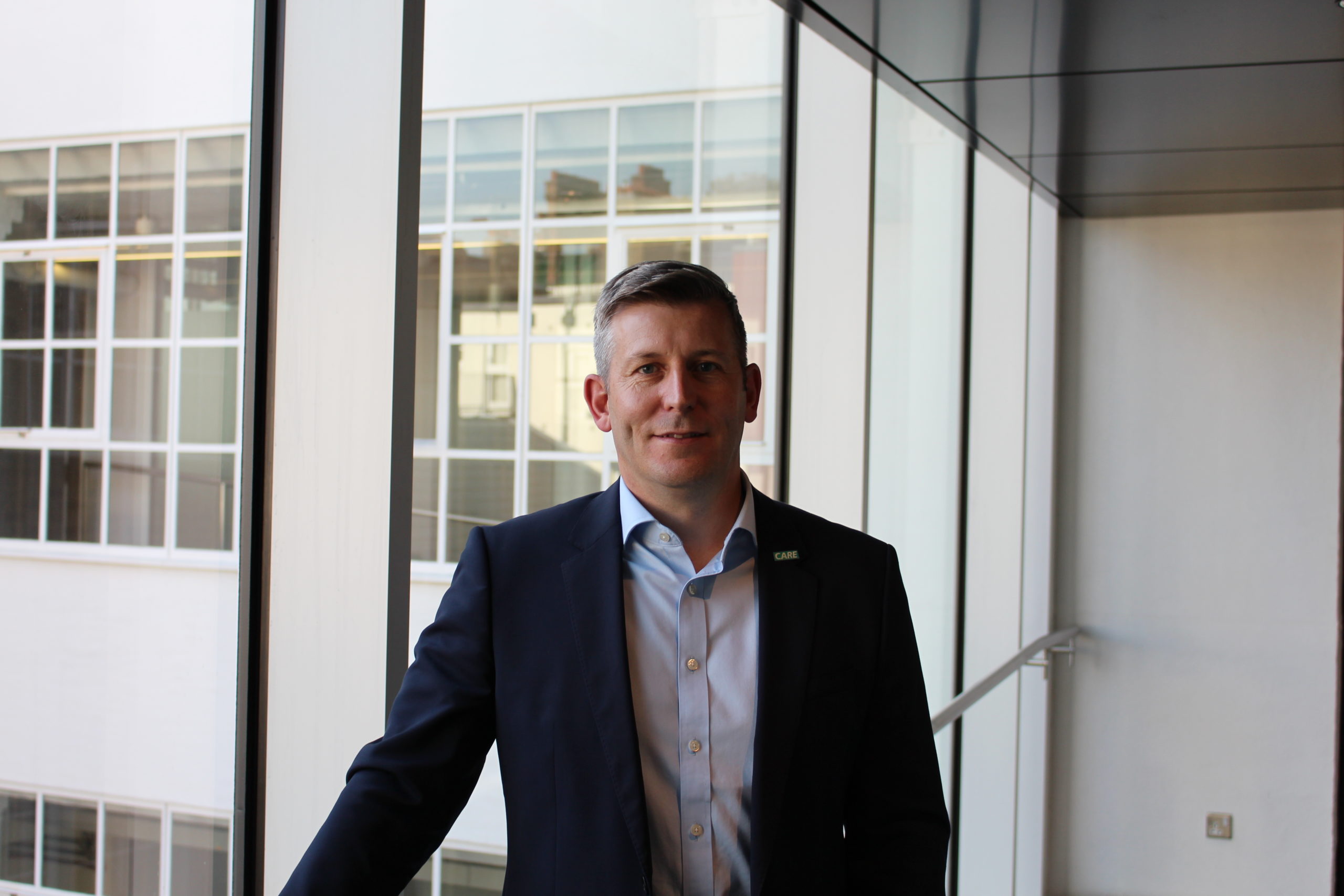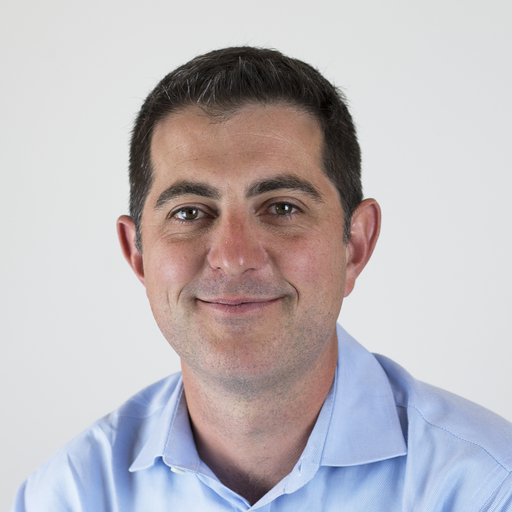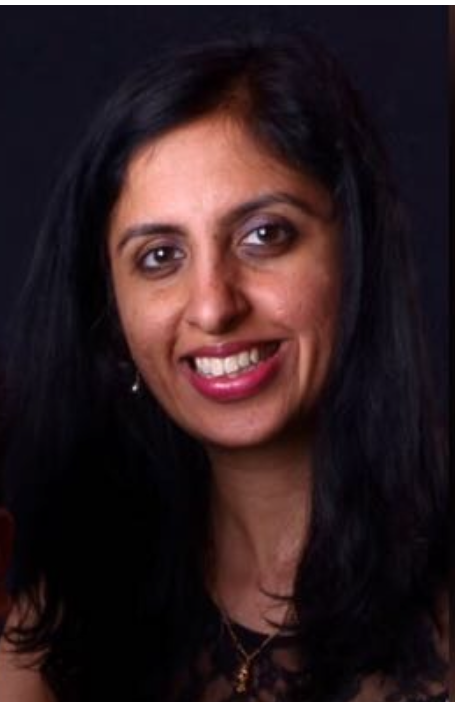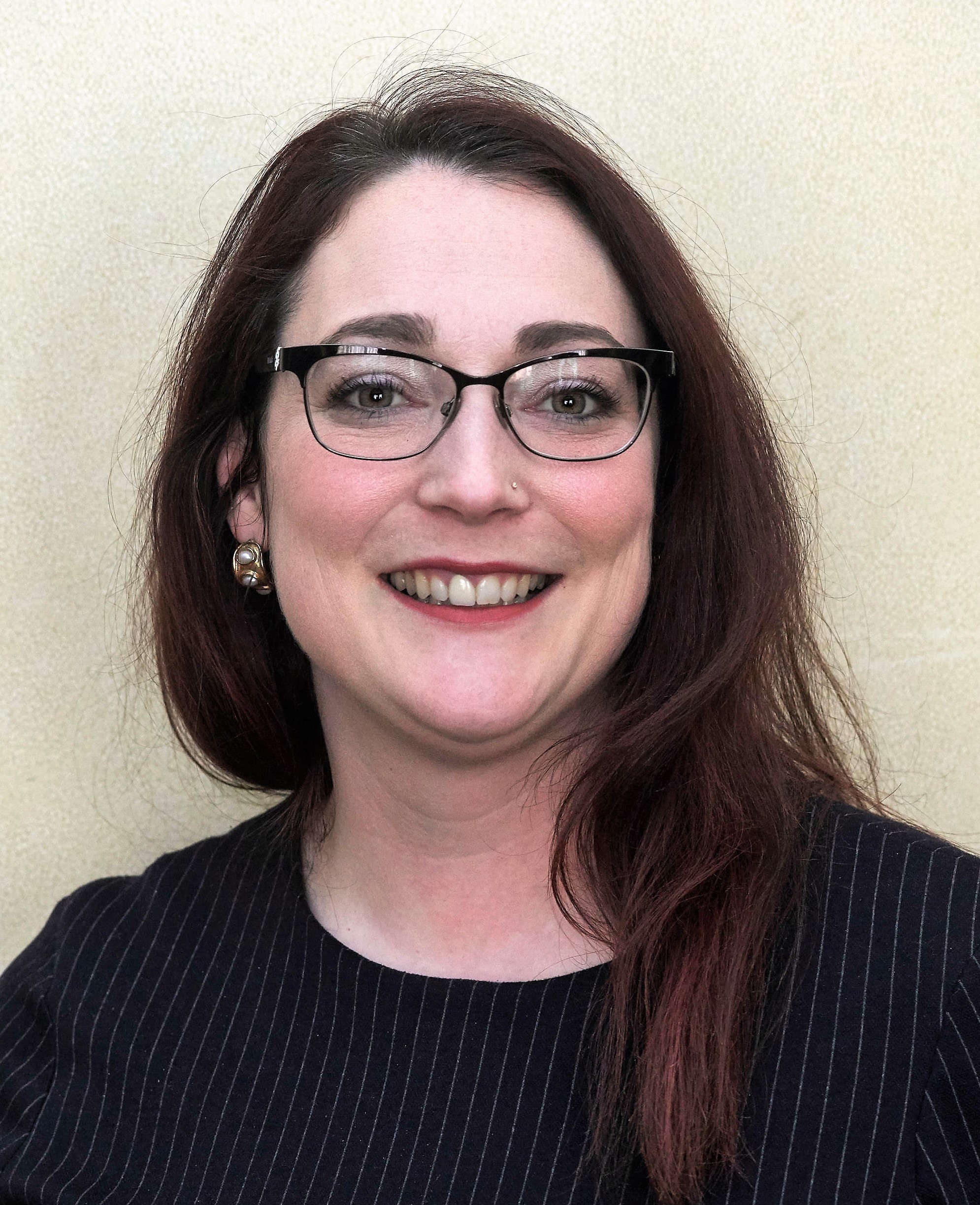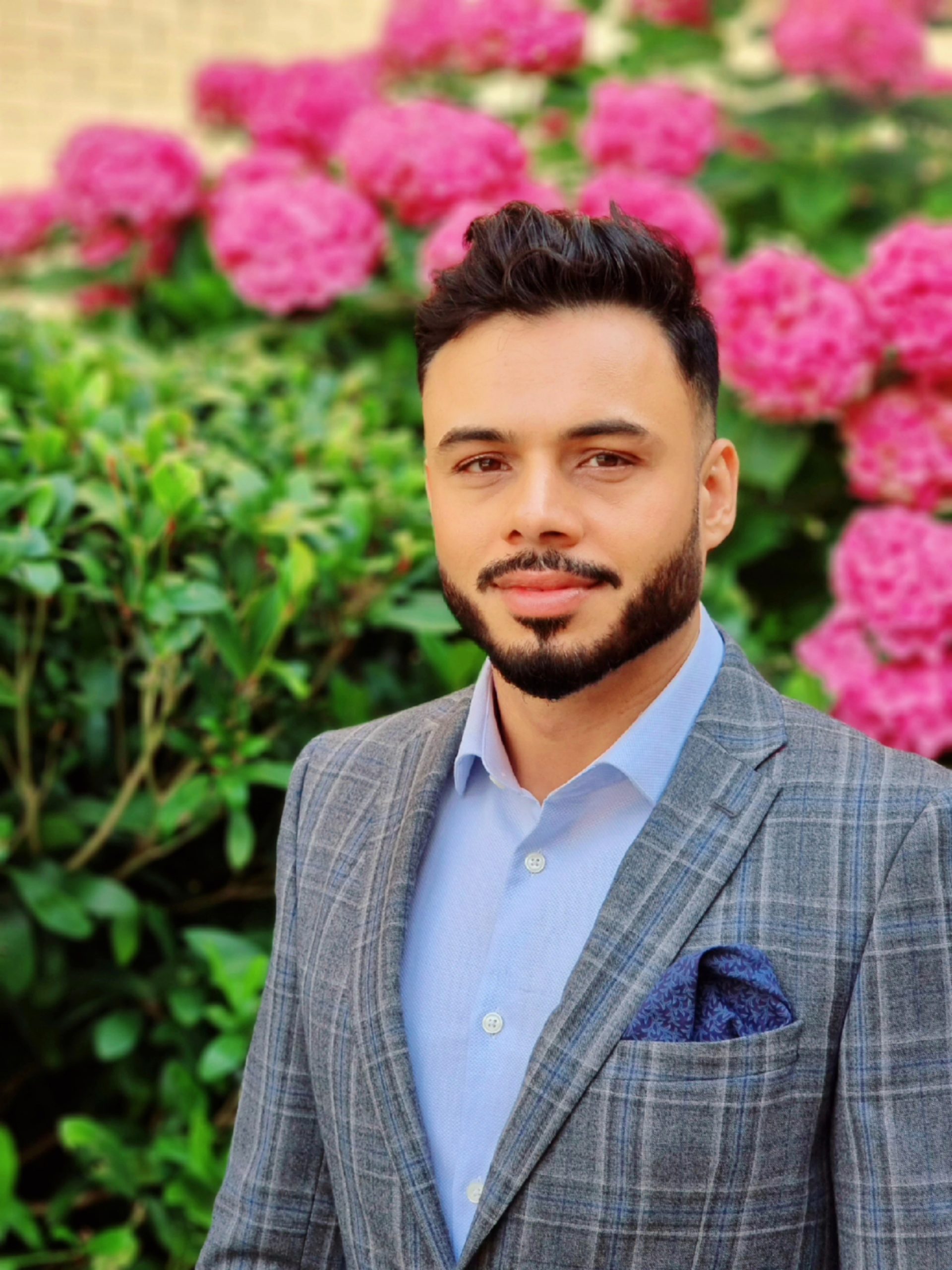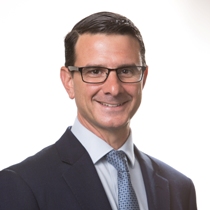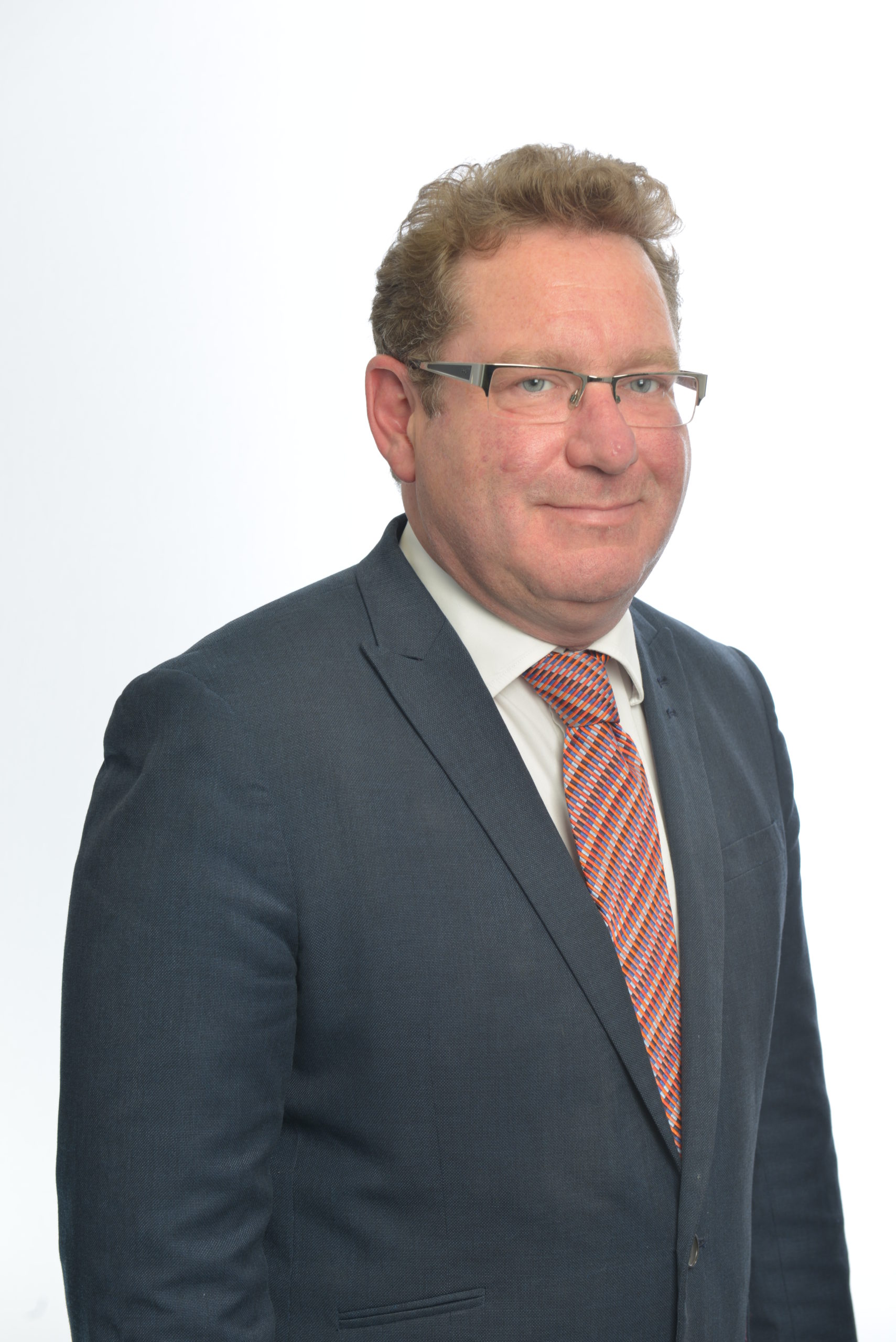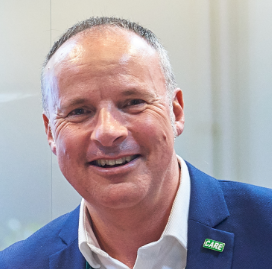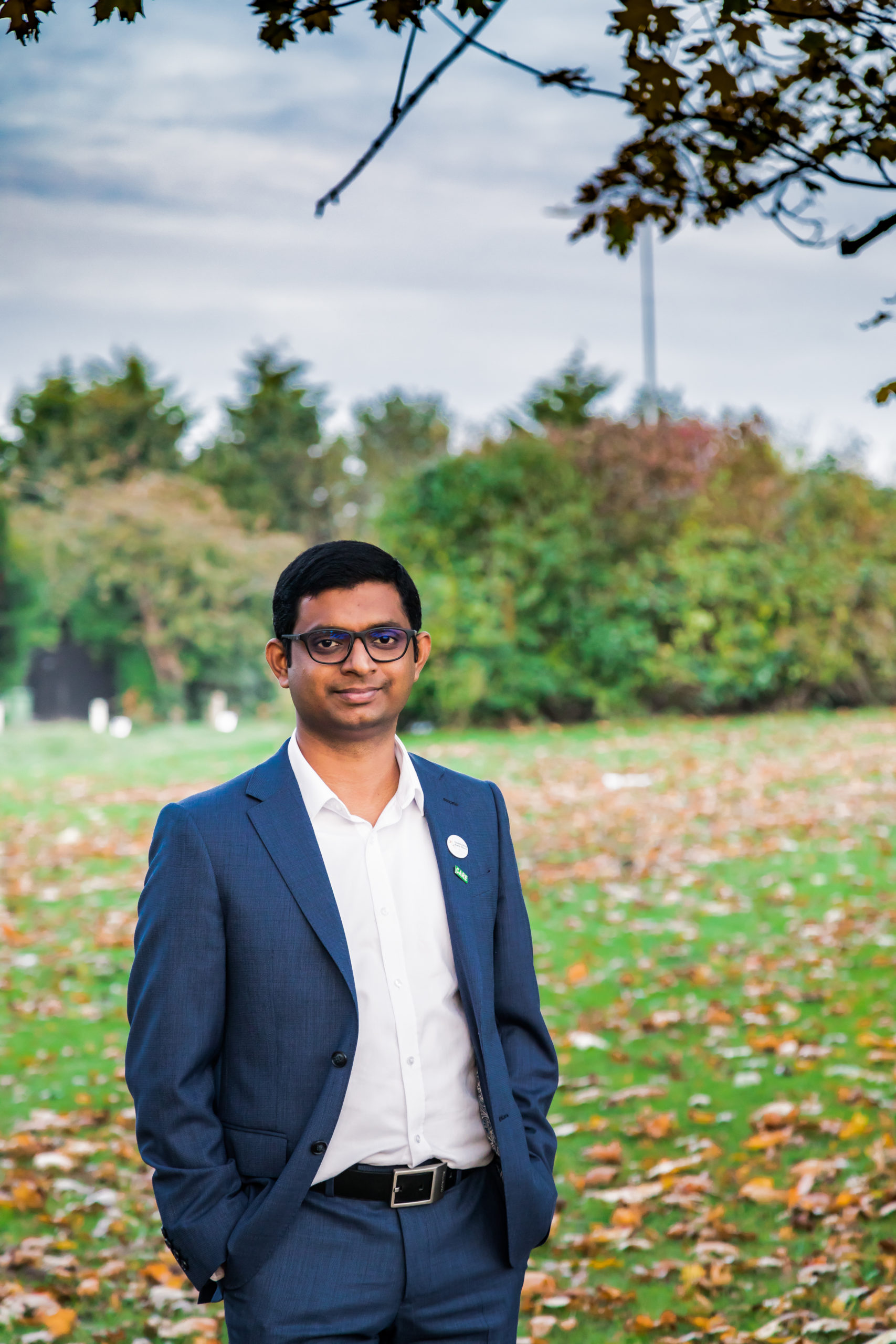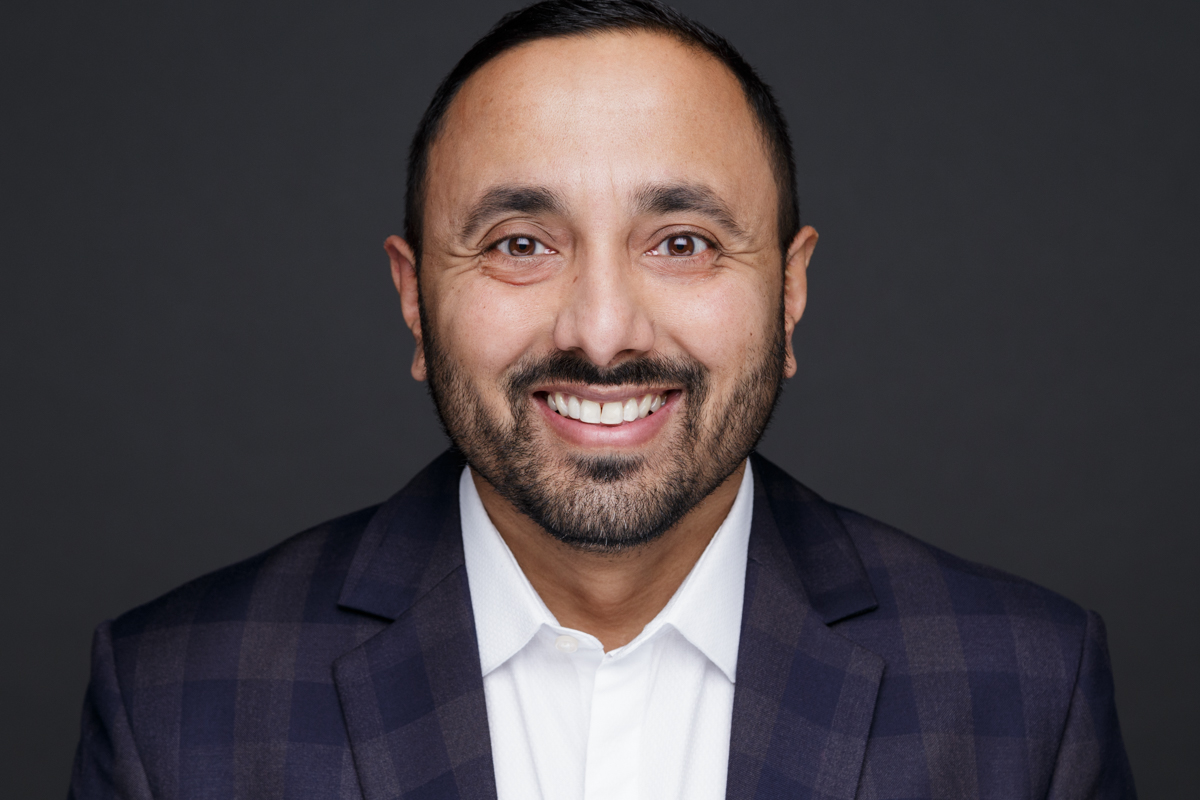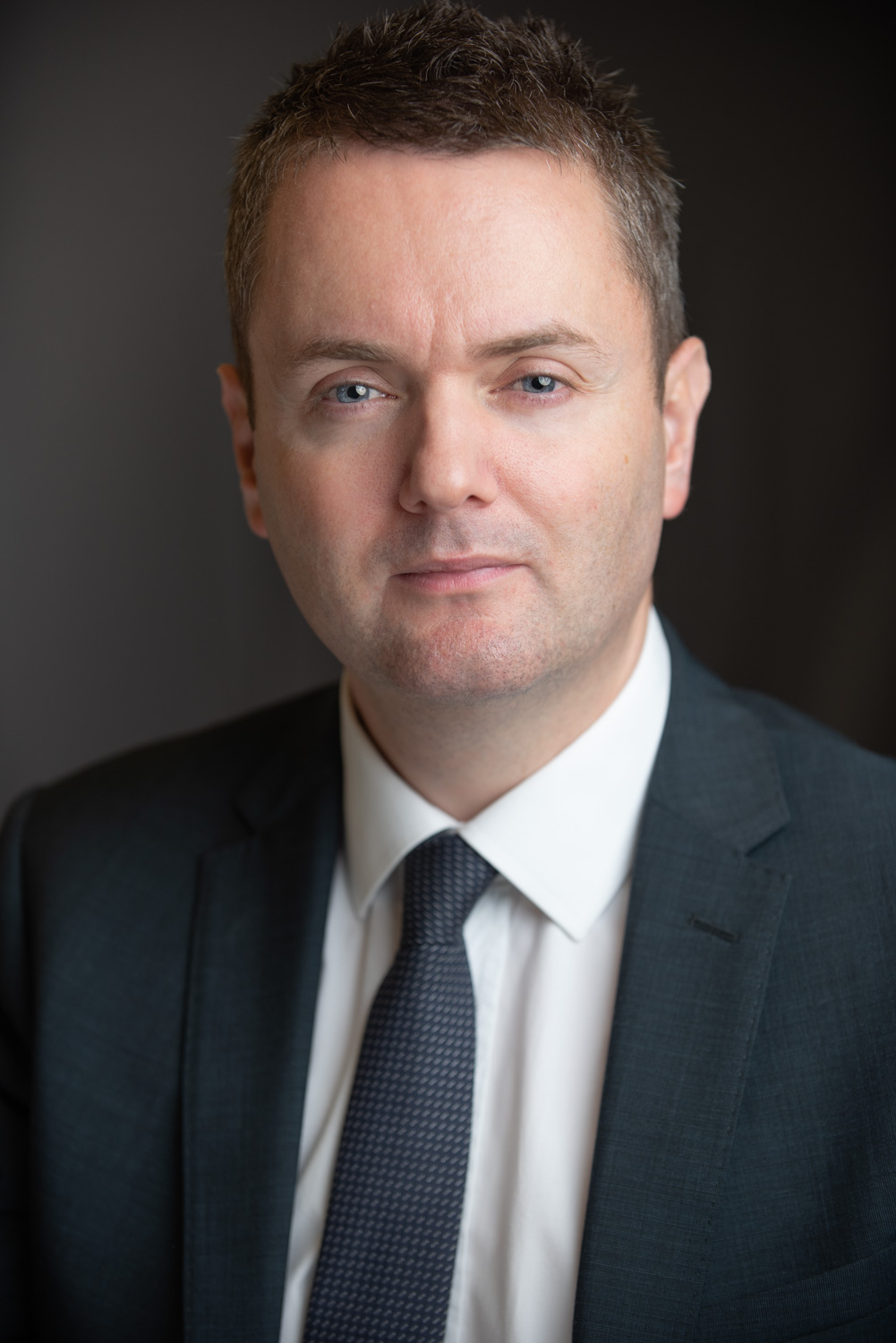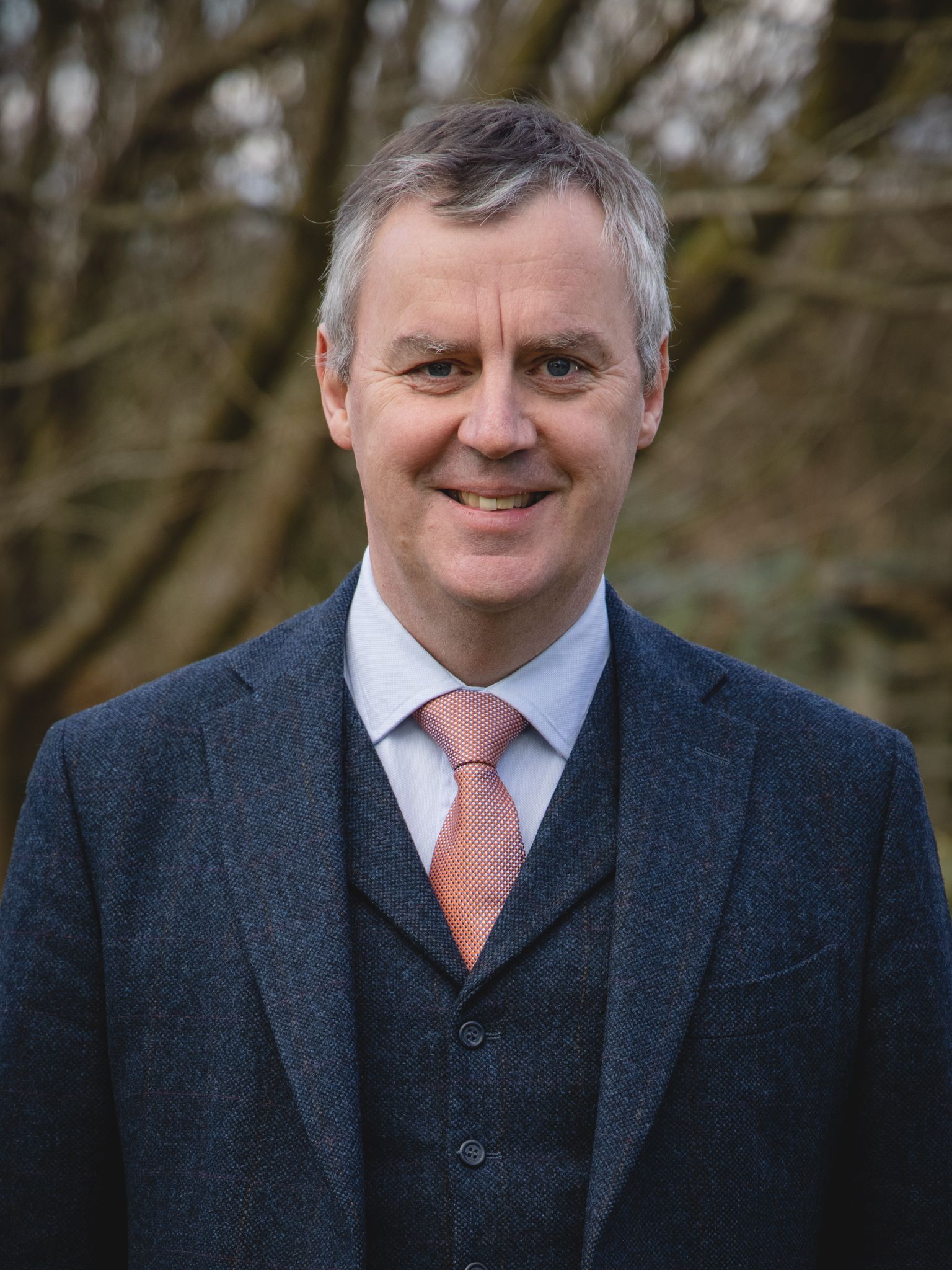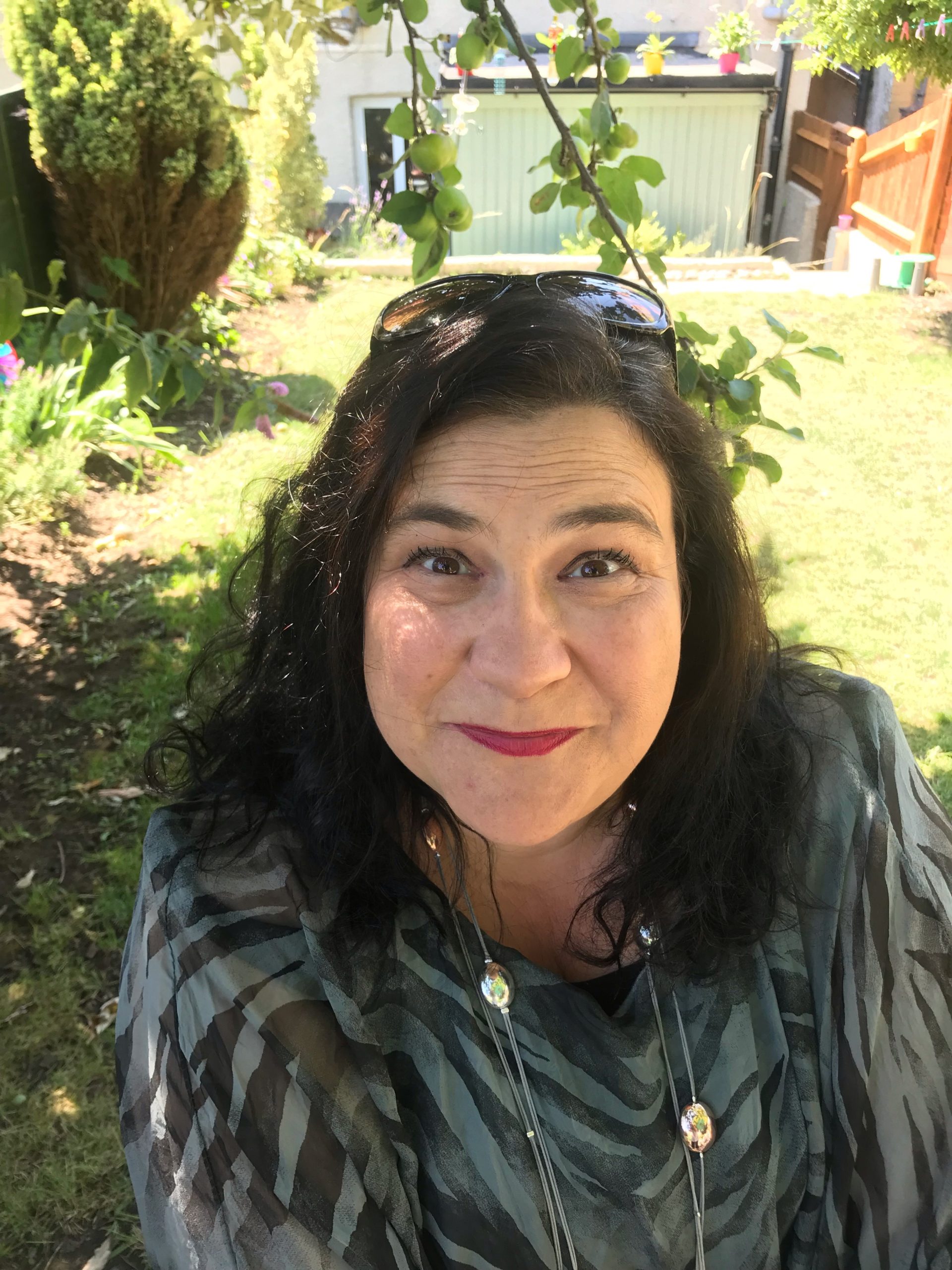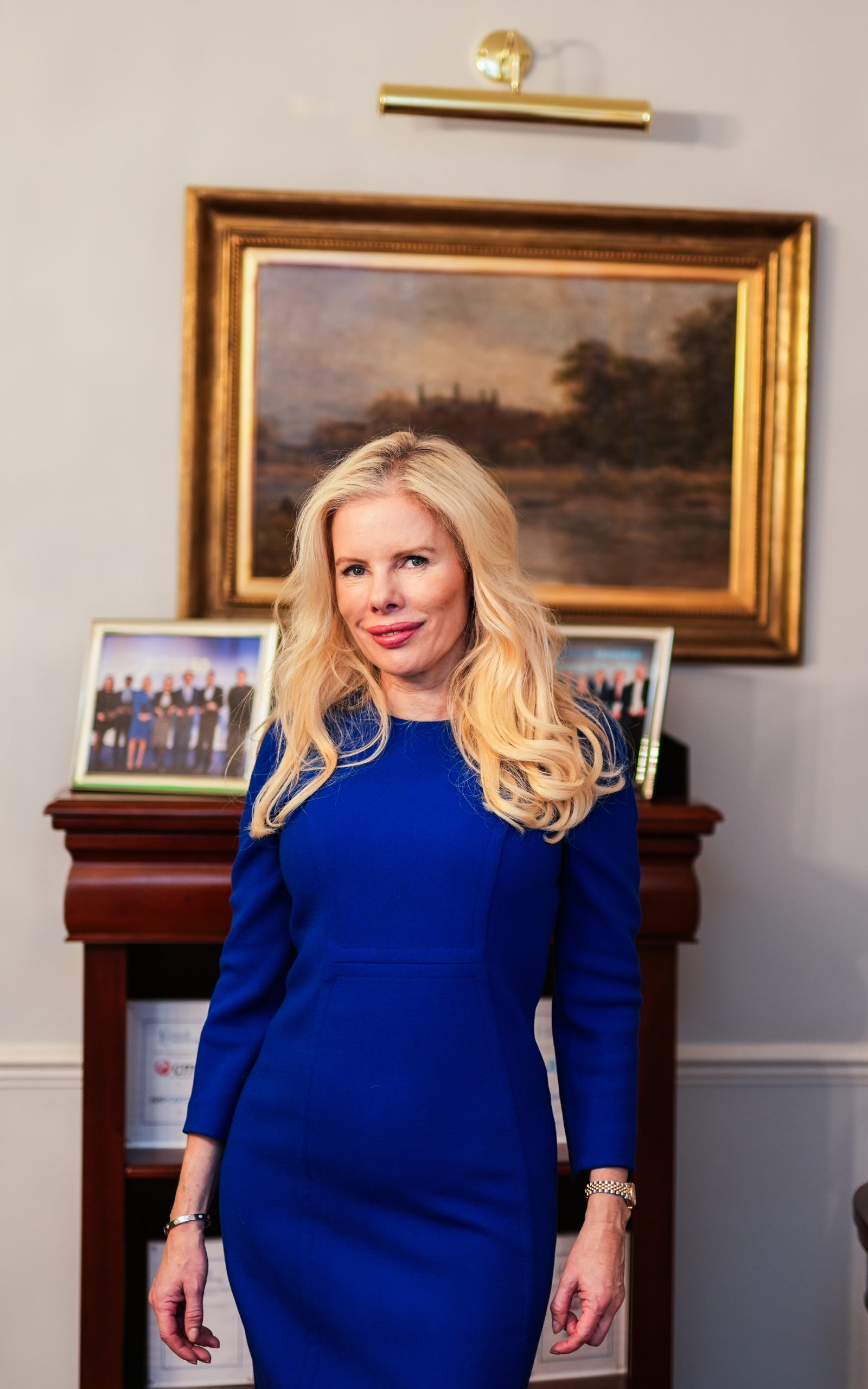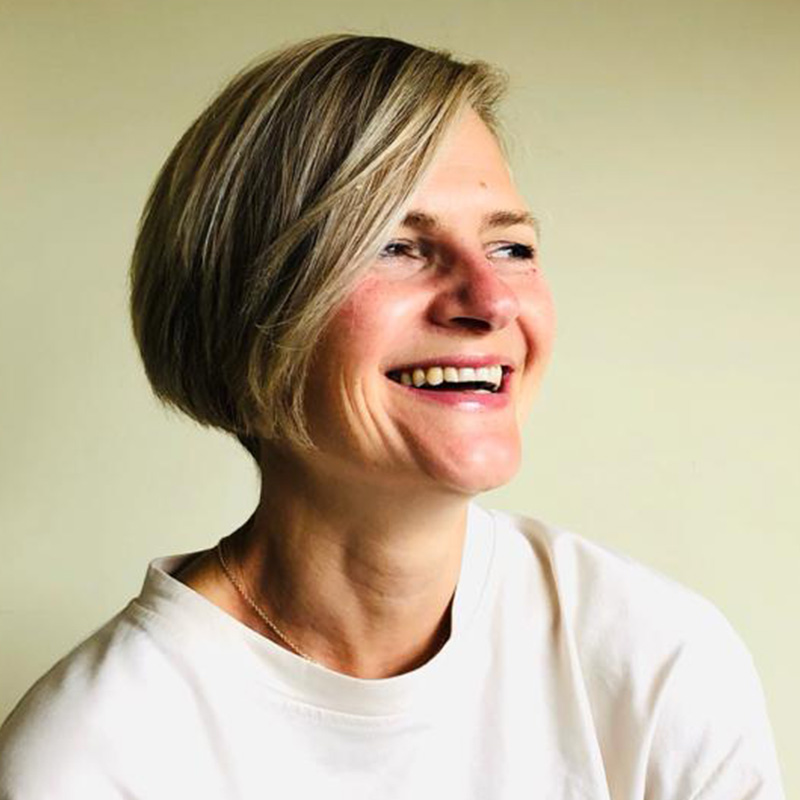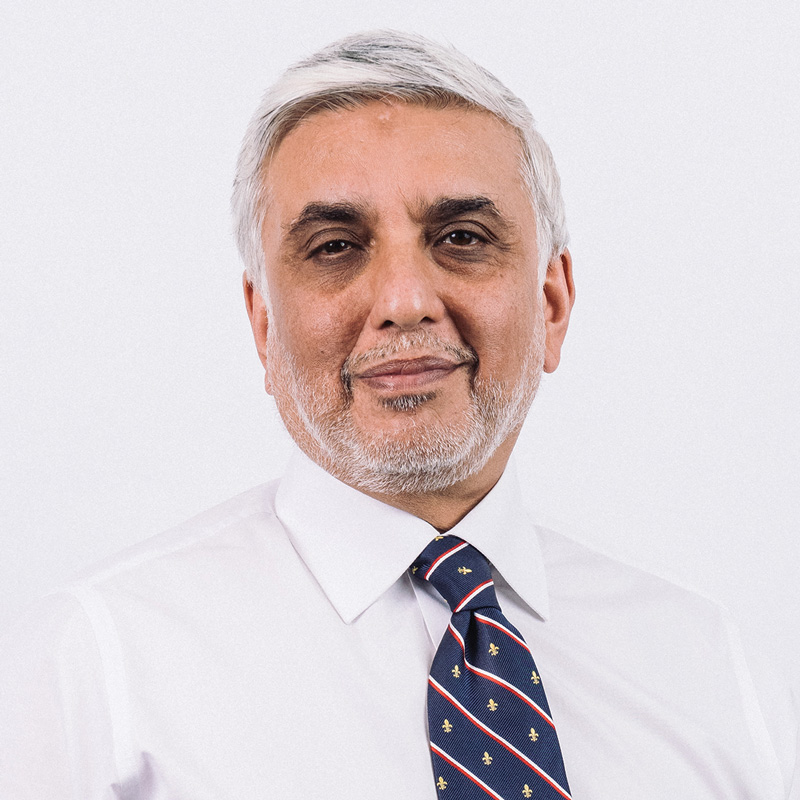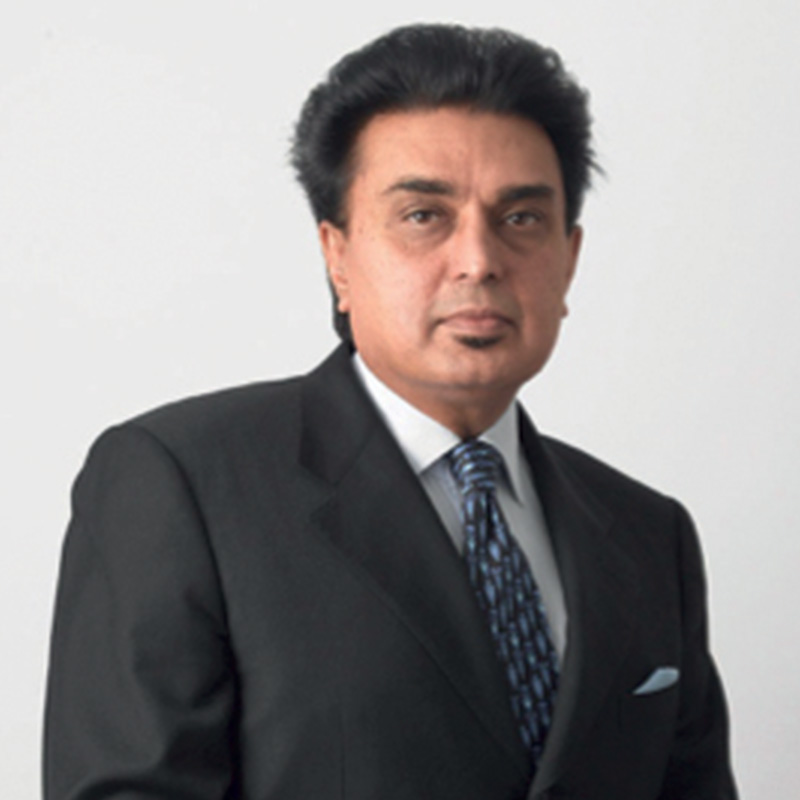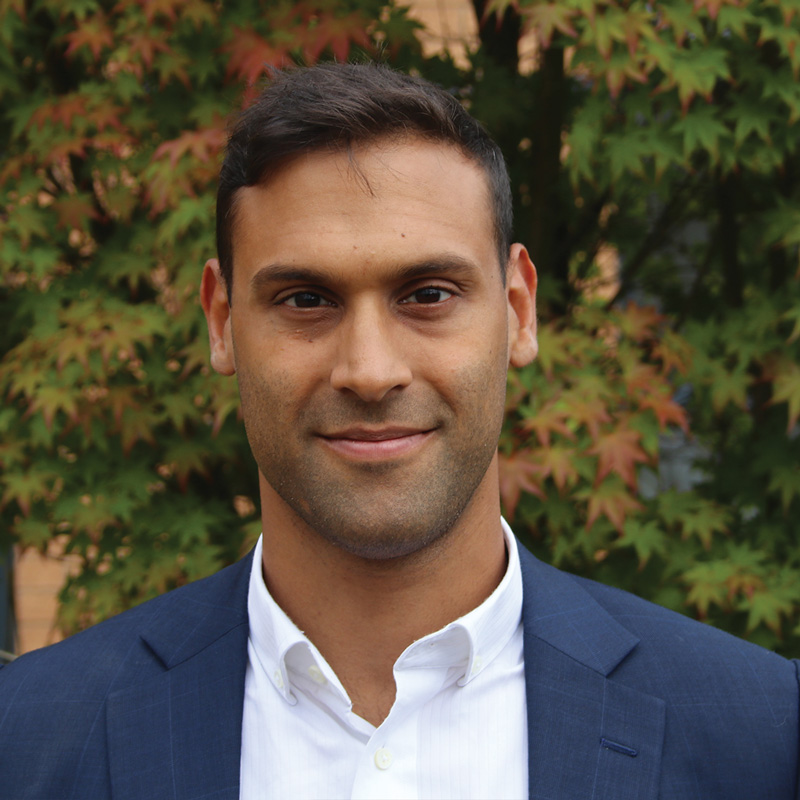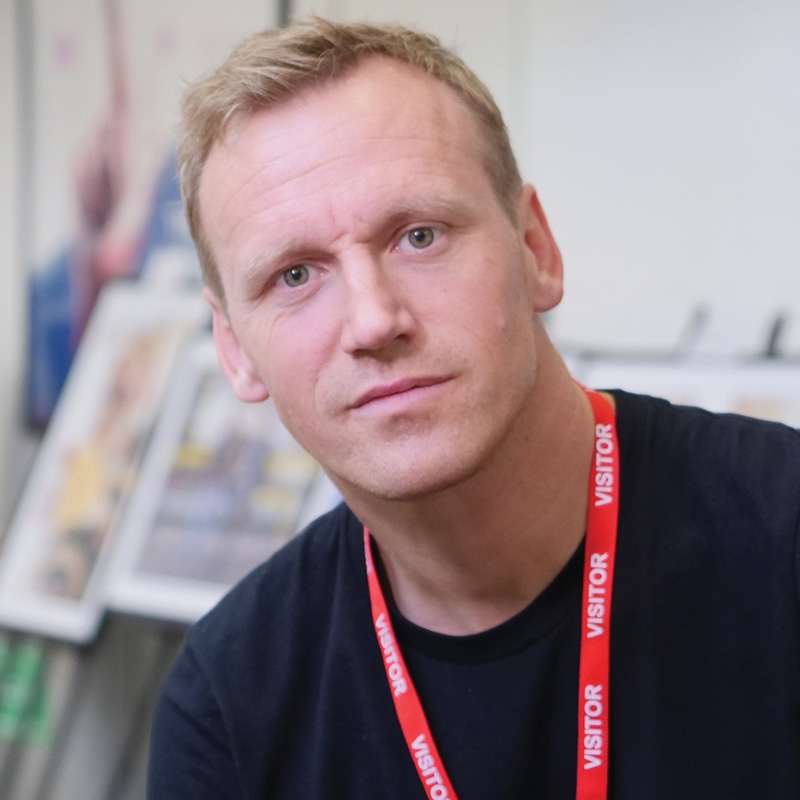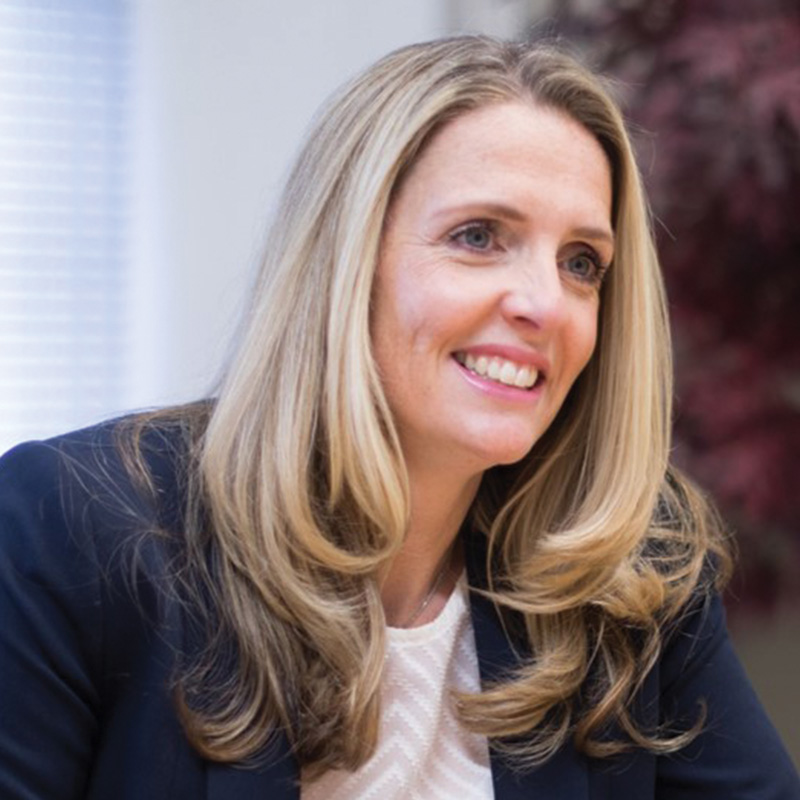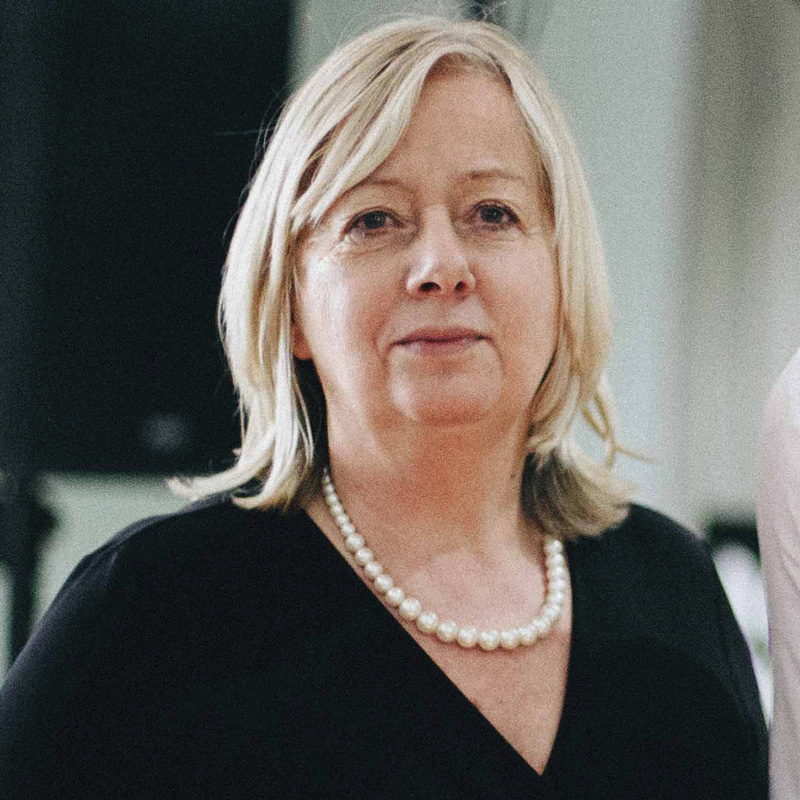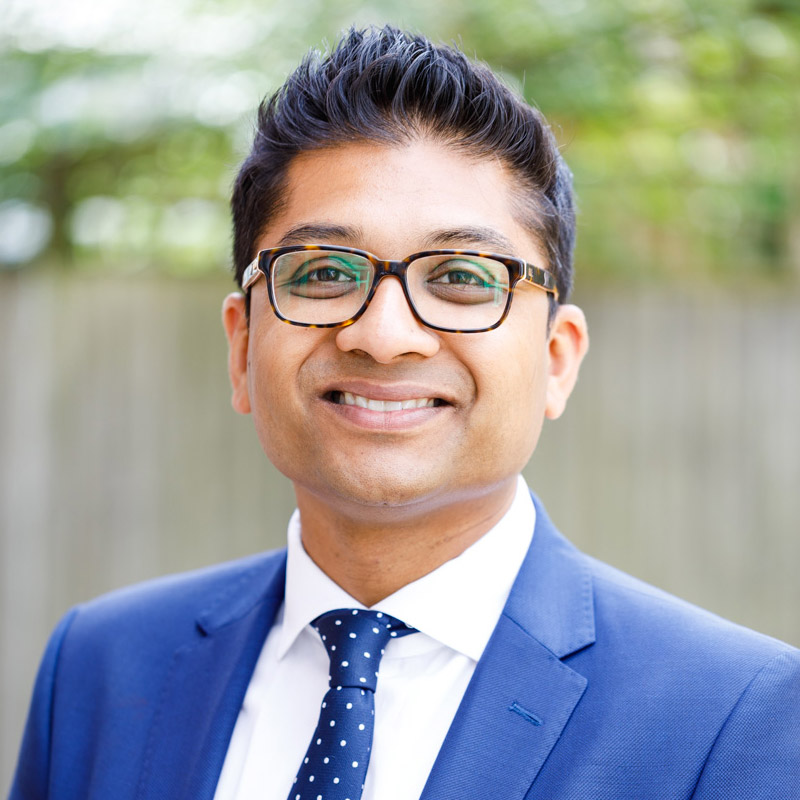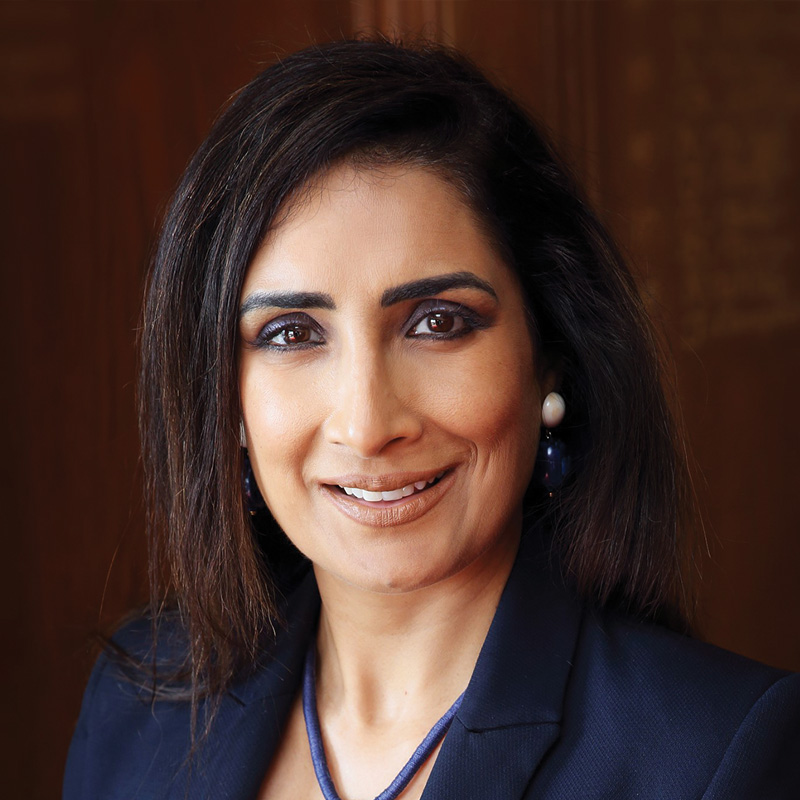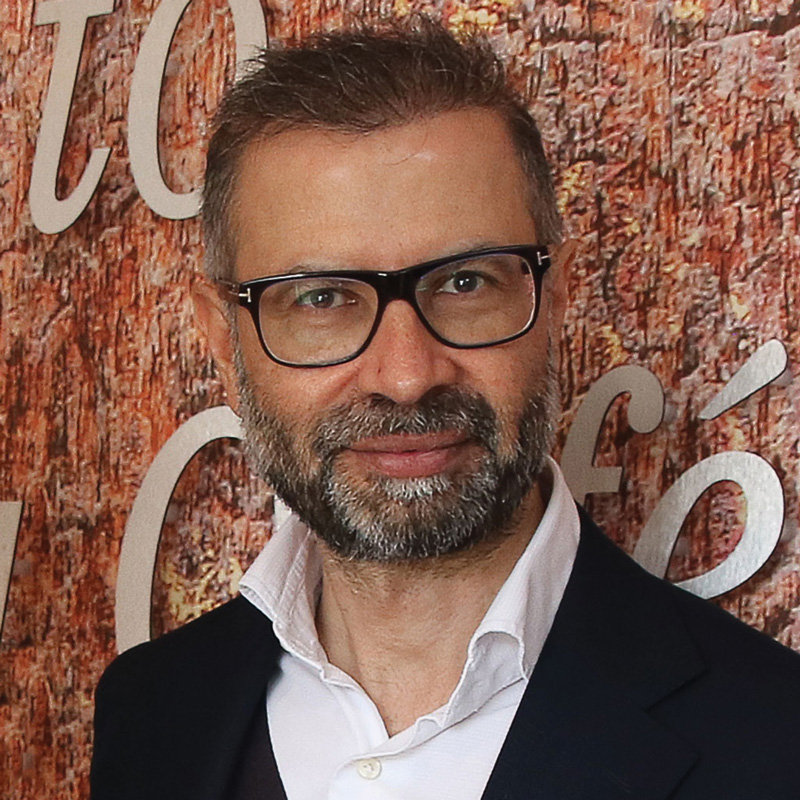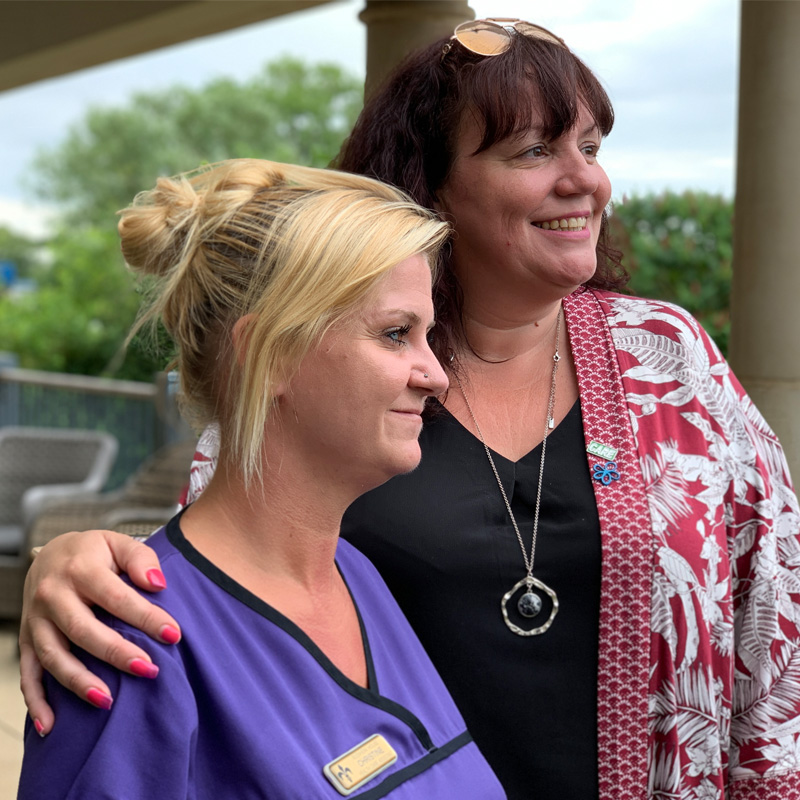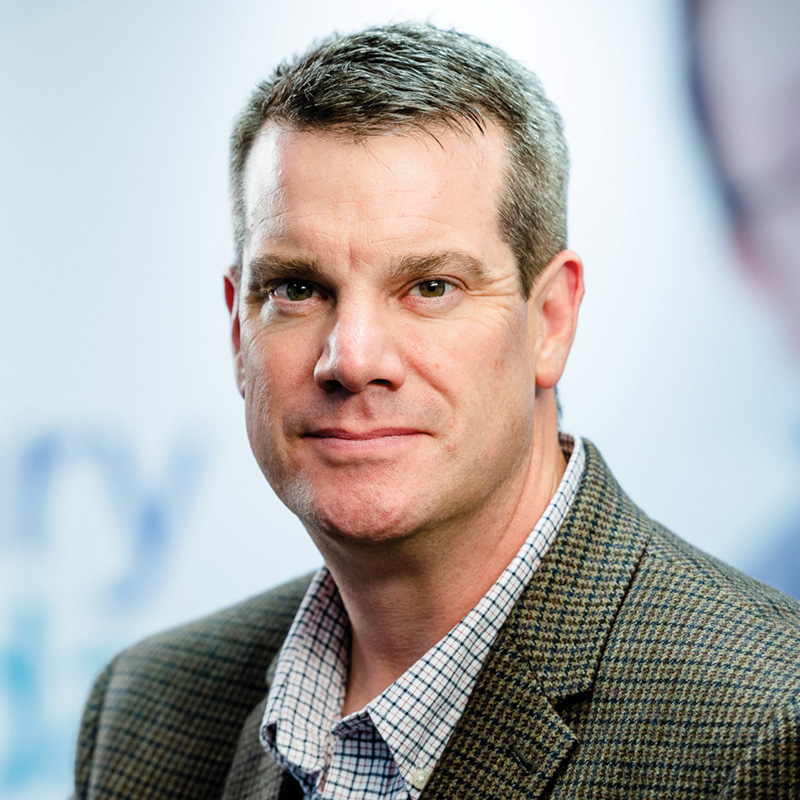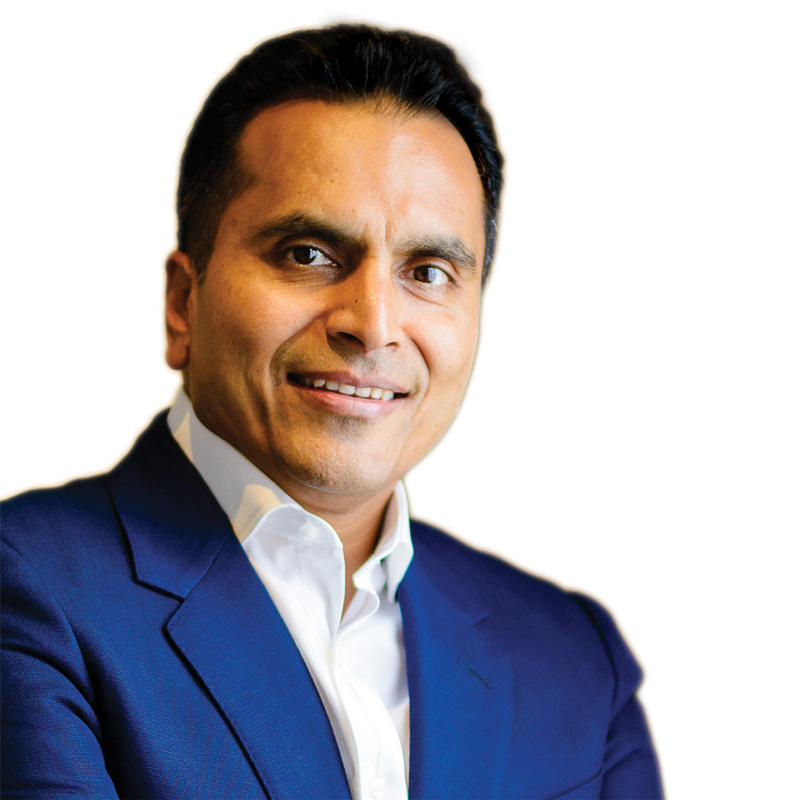By Michelle Gocoldas, Carers Worldwide
Every act of care matters.
Today is the International Day of Care & Support, and on this day we celebrate the compassion and commitment of people everywhere who dedicate their lives to caring for others, whether as part of the professional care workforce or as unpaid family carers.
In the UK, the social care sector provides life-changing support every day and, through initiatives like Championing Social Care, that contribution is rightly celebrated. Yet around the world, millions of unpaid carers – parents, siblings, children, grandparents, friends – provide similar care often with no recognition or financial support. And whilst they may not wear uniforms or receive wages, they share the same dedication, skill and humanity.
The experiences of paid and unpaid carers mirror each other in many ways. They both form the foundation of global well-being, and both deserve recognition, investment and support. By connecting these two worlds of care, we can build a truly inclusive movement that values care in all its forms.
As the United Nations reminds us through the inception of the International Day of Care & Support, the world cannot achieve equality or sustainability without valuing all forms of care work. Whether that care is provided by a trained professional or a devoted family member or friend, it carries equal worth and deserves equal respect.
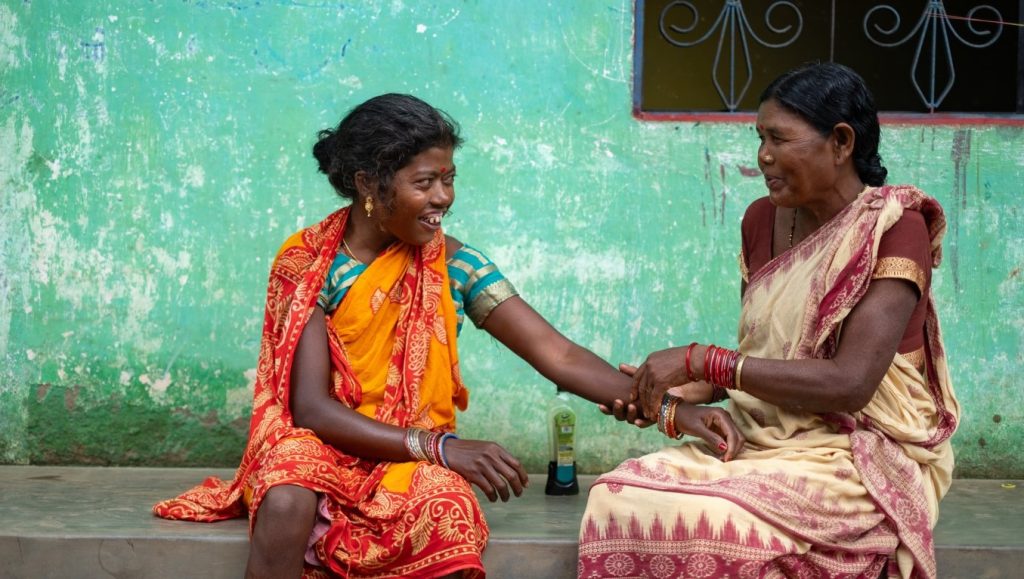
An unpaid carer from Odisha, India with the person they care for.
Carers Worldwide: A Personal Story
Carers Worldwide is a UK-based charity dedicated to supporting unpaid family carers in low- and middle-income countries. Our mission is simple but vital: to achieve recognition of the often-invisible contribution of those who care for loved ones at home, and to ensure they and their families are not left without help, hope or voice.
Our charity was founded in 2012 by Anil and Ruth Patil, inspired by both their professional work and personal experience.
While working in India, Anil in mental health and Ruth in speech and language therapy, they saw first-hand the struggles of unpaid carers, and the lack of recognition or support available to them. But it was becoming carers themselves, to their second daughter Maya who was born with Down syndrome, which made them look differently at these carers and see that they had their own struggles and faced their own challenges. They saw them, understood them, and wanted to help.
They were inspired to start Carers Worldwide to support carers like those they had met in India. Today, we work in India, Nepal and Bangladesh, with plans to expand to Pakistan and Kenya. To date, we’ve supported over 250,000 carers and family members, but it’s still only the beginning.
The Hidden Workforce: Unpaid Family Carers in South Asia
Unpaid carers are the hidden workforce that sustains families and communities. Across South Asia, caring for ageing parents, disabled children or chronically ill relatives is viewed as a family duty, an act of love and obligation.
This means that the vital work of unpaid carers is often unseen and undervalued, but without them, social systems would falter. Their care preserves dignity and human connection, but it often comes at great personal cost: isolation, physical and mental exhaustion, and loss of income.
Through our work, we seek to change that narrative – to remind the world that caring for others, whether paid or unpaid, is not just a private duty but a shared social responsibility. The Hidden Workforce: Unpaid Family Carers in South Asia
Through our work, we seek to change that narrative – to remind the world that caring for others, whether paid or unpaid, is not just a private duty but a shared social responsibility.
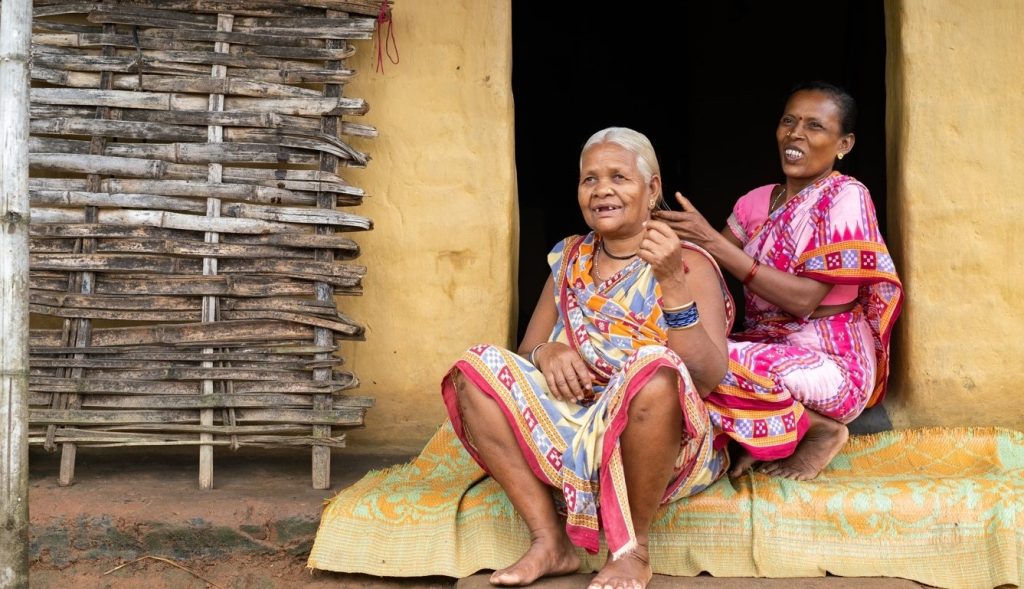
An unpaid carer from Odisha, India with the person they care for.
The Carers Worldwide Model: A Holistic Approach
The impact of caring can be immense. In South Asia, carers experience social stigma and are isolated, their own physical and mental health is affected, and many of them are unable to work, which impacts their families economically.
Our response is a holistic, community-based model delivered in partnership with local organisations who best know the needs of their local communities:
1. Carers Support Groups
86% of carers report feelings of loneliness and isolation. Our Carers Groups foster emotional support, reduce isolation, and often include joint savings schemes that carers can access as no or low-interest microloans to set up income generation activities.
2. Health Services
Our research has found that 73% of family carers report health problems, but as few as 5% seek treatment, either because of their caring responsibilities or a lack of money. We bring physical and mental health support to the doorstep through health camps and counselling services.
3. Employment, Training & Education
90% of carers are of working age, but typically 70% are not in paid work and 80% of those not working said it was due to their caring responsibilities. We provide carers with training and livelihood support, helping them earn an income while balancing their caring role.
4. Respite & Short Breaks
Our Community Caring Centres are a safe space for carers to leave their loved ones knowing they’ll be well cared for, and giving carers time to rest, socialise or work.
5. Advocacy
We champion carers’ rights and train carers in how to advocate for their own needs and the provision they require at the community, regional and national level, leading to changes in policy and practice.
This holistic approach not only supports individuals, it serves as a catalyst for wider societal change, strengthening families and communities and creating long-term, sustainable impact.
Our Impact: Real People, Real Change
Since 2012, Carers Worldwide has transformed the lives of over 41,000 carers, 42,000 people cared for, and 166,000 family members.
One of these carers is Sadhona. Sadhona is from Bangladesh and cares for her daughter Sikha, who has cerebral palsy. Sadhona faced rejection and blame from her family for her daughter’s condition.
This, unsurprisingly, had an adverse effect on Sadhona’s mental and physical state and she became isolated, too anxious to leave the house with her daughter.
Our charity partner, Centre for Disability in Development (CDD), identified Sadhona as a carer and invited her to join our Carers Project.
Sadhona joined her local Carers Group and met other unpaid carers facing the same challenges she was. She saw that she was not alone, she had people she could talk to, people who understood.
Sadhona has also benefited from counselling, through Barefoot Counsellors who have been trained as part of our Carers Project. She has received training in cow and goat rearing and, with a loan from her Carers Group to get her started, she is now financially independent.
“Before I joined the Carers Project, I didn’t believe in myself,” she says. “Now I know I am not a burden, I can also do something for society. The Carers Project has given me that courage.”

Sadhona and Sikha with their goats.
Driving Systemic Change
Beyond supporting individuals, our advocacy work aims to introduce carer-friendly policies at the regional and national level.
Carers Worldwide plays a crucial role in advocating for the rights of unpaid carers. Some recent highlights include:
· India: We helped secure the introduction of a Carers Allowance in the southern state of Karnataka’s 2024–25 budget, and a similar policy has just been adopted in Delhi.
· Bangladesh: Our advocacy led to official ID cards for unpaid carers in Savar, an area on the outskirts of the capital Dhaka, granting them priority access to health services.
· Nepal: We’ve trained government Female Community Health Volunteers in Bagmati, a rural area six hours drive from the capital Kathmandu, to provide community-based psychosocial counselling to carers, reducing depression, anxiety and even suicidal thoughts.
In a world where caregiving often goes unnoticed and unappreciated, the introduction of a Carers Allowance and carers’ ID cards marks a significant step towards recognising and supporting the invaluable contributions of unpaid family carers.
As one senior Indian government official noted: “This Carers Allowance is more than financial support – it is a message to carers that they are seen, valued, and no longer alone.” We’ve also established National Carers Alliances in India, Nepal and Bangladesh. These are carer-led coalitions of unpaid carers, organisations and advocates driving systemic change. Each alliance reflects its own cultural and political context but shares a common goal: dignity, recognition and justice for unpaid carers.
And on the International Day of Care and Support, our local charity partners across South Asia, the carers they support and their communities, come out in force to raise awareness of unpaid carers and the issues and challenges they face, as well as the massive contribution they make to society. Carers and their supporters hold rallies, form human chains, share their experiences and submit petitions to their local government authorities, focusing on carers’ issues, rights and needs.

Unpaid carers and their supporters in Nepal, celebrating the UN International Day of Care & Support last year.
A Shared Call to Action
Today, as we celebrate care in all its forms, let’s take a moment to recognise the carers we may not see: the family members quietly holding things together.
Paid care workers deserve every bit of praise for their skilled and compassionate work, and alongside them, unpaid carers deserve to be seen, valued and supported too.
This International Day of Care & Support, let’s reaffirm a simple truth: when we recognise every act of care, we build a more compassionate, connected world.
________________________________________________________________
About Carers Worldwide
Launched in 2012, Carers Worldwide is the only organisation working exclusively and strategically with unpaid family carers in low- and middle-income countries. We promote recognition of unpaid family carers and draw attention to their needs. Our Carers Worldwide Model comprises of five core elements which together transform the holistic well-being of carers, promoting better health, well-being and economic security. We are currently working to support unpaid carers across India, Nepal and Bangladesh and have transformed the lives of over 250,000 unpaid carers and their family members.
For more information contact: gro.e1772537006diwdl1772537006rowsr1772537006erac@1772537006sadlo1772537006cog.e1772537006llehc1772537006im1772537006
To learn more or get involved, visit carersworldwide.org
